Census & Elections
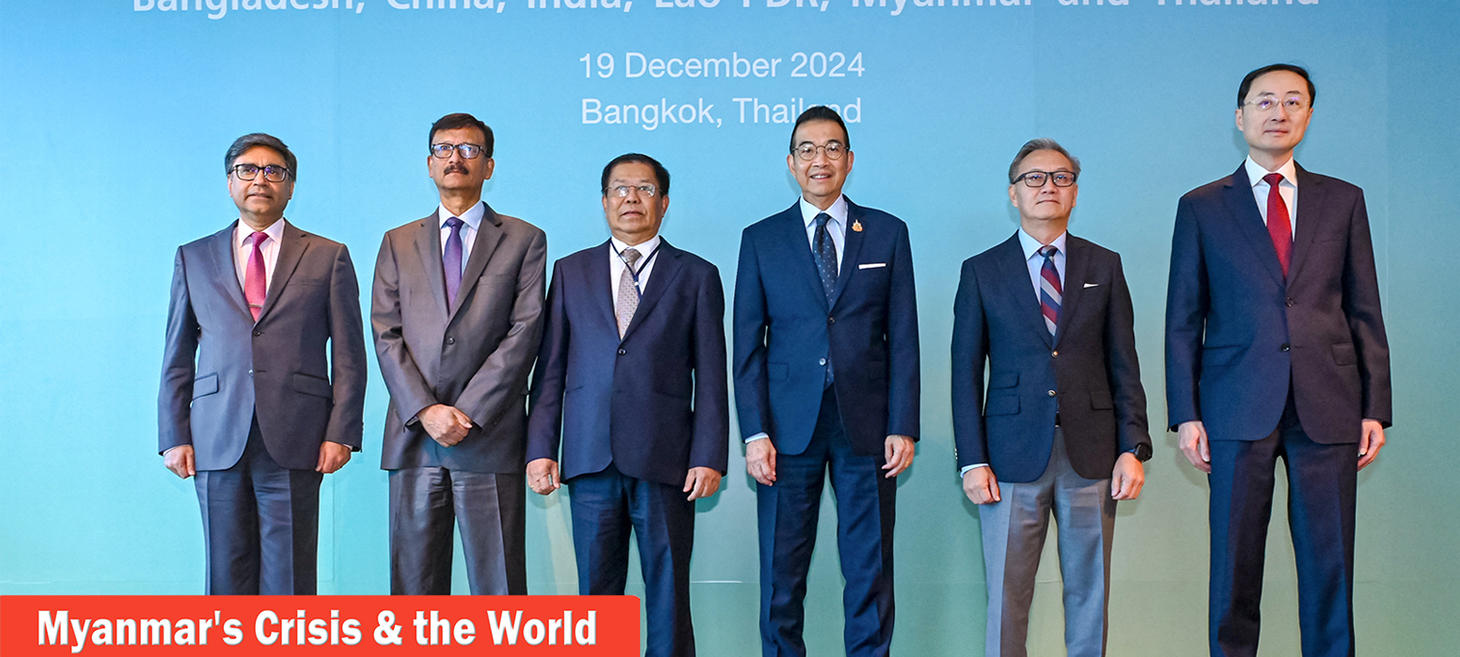
Myanmar Junta FM Briefs Neighbors on Election Plans
Myanmar's junta-appointed foreign minister recently briefed officials from five neighboring countries on the military's plans to hold elections in 2025. The military seized power in 2021, claiming fraud in the 2020 elections, and has since cracked down on dissent and repeatedly delayed new polls. The talks in Bangkok were an "informal consultation" where Myanmar broadly outlined progress toward an election but did not discuss a date. ASEAN has made little progress toward resolving the crisis, while Thailand has held its own bilateral talks with Myanmar's leaders. The junta has pushed back the timetable for elections several times as it struggles with opposition from ethnic rebel groups and pro-democracy forces. In 2022, the NLD was dissolved for failing to re-register under a new electoral law. While China supports the junta's plans for polls, the U.S. has said any elections under the junta would be a "sham."
Conflict
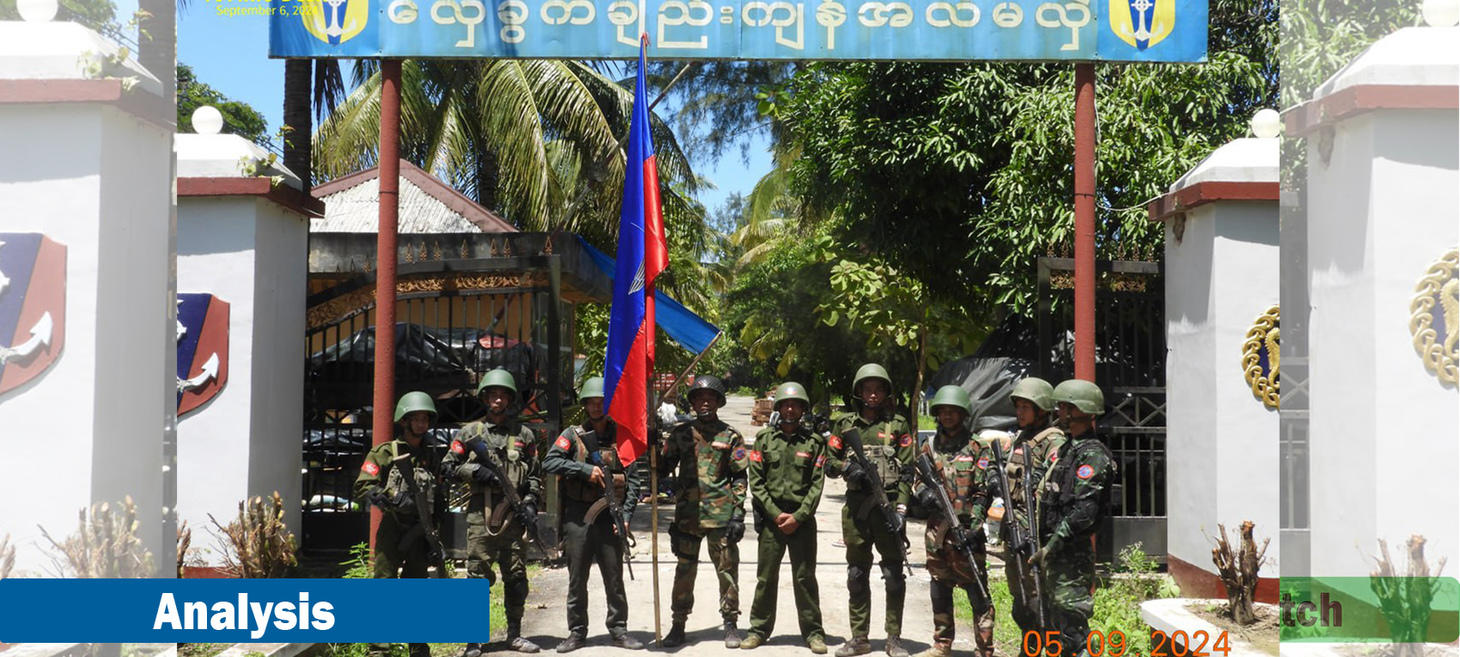
Relatively Peaceful Ayeyarwady Faces War as Myanmar Junta Retreats
The Arakan Army's (AA) strategy significantly weakens Myanmar's junta by seizing territory, forcing troop redeployment, and bolstering resistance efforts. The AA has captured towns like Thandwe and Kyeintali, and is expected to take Gwa, while the junta is forced to move troops from areas like Pathein to southern Rakhine and Bago, which stretches their resources. The AA is arming and training resistance groups in Ayeyarwady, including the Ayeyarwady People’s Defence Force (PDF), and they are working together to block junta access. Additionally, the AA's attempts to seize roads to Monywa and Ye-U could weaken the junta's supply lines. In response, the junta is increasing defenses in Ayeyarwady, particularly along the Ngathaingchaung-Gwa road, and the potential for heavier conscription indicates the conflict may extend to previously stable areas. Overall, the AA's actions are straining the junta's military resources, disrupting supply lines, escalating the conflict, and diminishing their control.
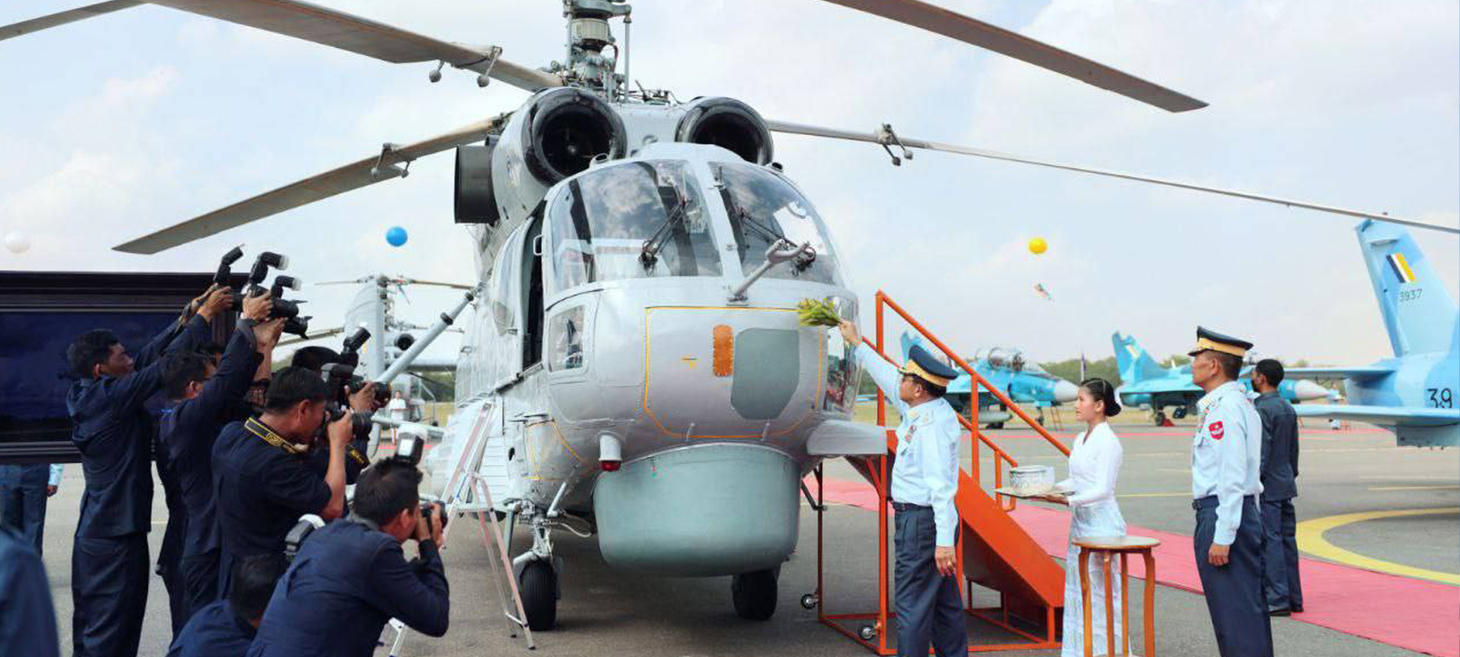
Myanmar Junta Bolsters Defenses on Rakhine-Ayeyarwady Border
The Myanmar junta is reinforcing defenses along the Rakhine-Ayeyarwady border as the Arakan Army (AA) advances, particularly in Gwa Township where clashes have occurred, and the AA has seized two junta checkpoints on the road to Ayeyarwady. The AA has captured 14 of 17 townships in Rakhine State, including Maungdaw, Taungup, and Ann, where the junta lost control of its Western Command headquarters. The junta is reinforcing Artillery Battalion 344 with troops and weapons and building a helipad because it is difficult to send reinforcements by road to Gwa. They are also installing artillery at a police station near the Ngathaingchaung bridge. Families in Ngathaingchaung are preparing to flee to Yangon. The AA's advancements are impacting the junta's resources and control in the region, while simultaneously the junta is also facing conflict in other regions and increased resistance efforts as the People's Defence Forces (PDF) have cautioned travelers to minimize travel on certain sections of the Yangon-Mandalay highway due to planned attacks on junta forces.
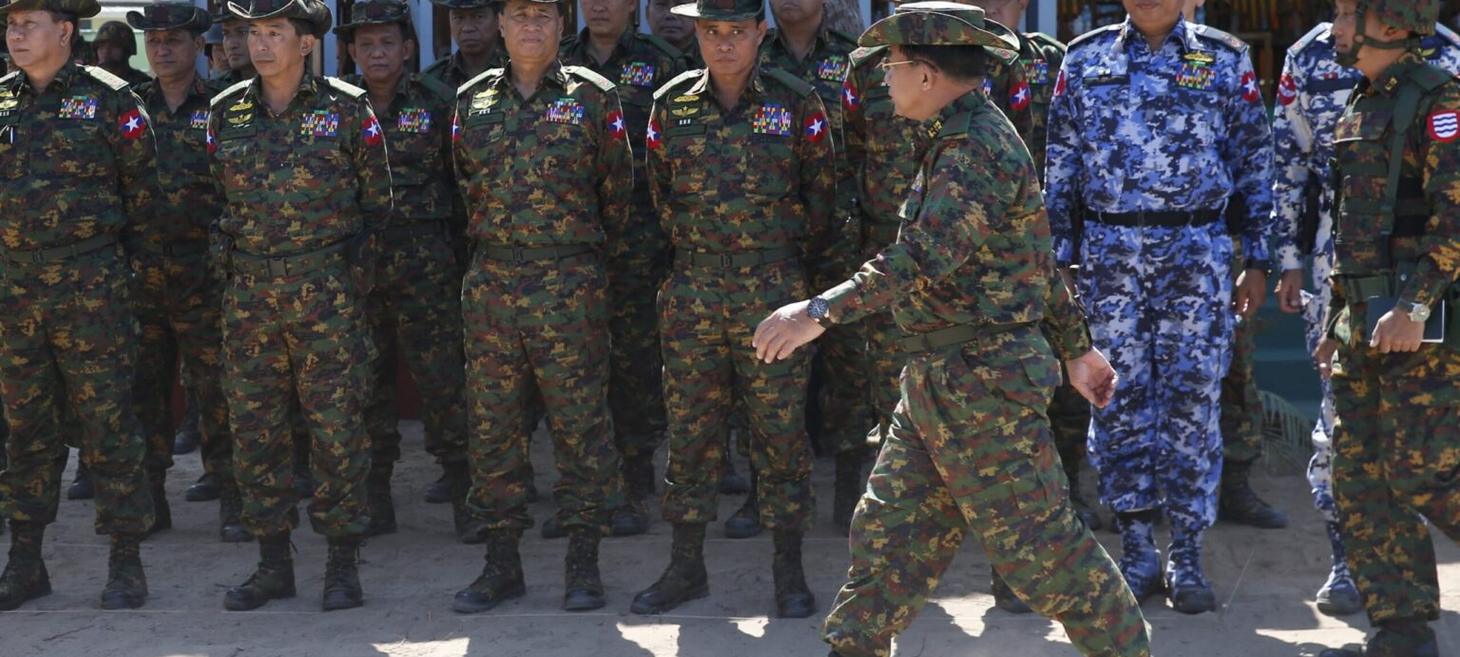
Myanmar junta on high alert as AA offensive nears Ayeyarwady Region
Tensions are rising in the Ayeyarwady Region of Myanmar as the conflict between the military junta and the Arakan Army (AA) intensifies. The AA, having gained control of Taungup and Thandwe townships in Rakhine State, is advancing into Gwa Township, which borders the Ayeyarwady Region. This has led to increased security measures by the junta in Ayeyarwady. The conflict has caused civilians to relocate to areas such as Yangon or Naypyitaw, and a sense of unease is growing in towns as people move away from the fighting. The AA has also fully captured the junta's western headquarters in Rakhine State.
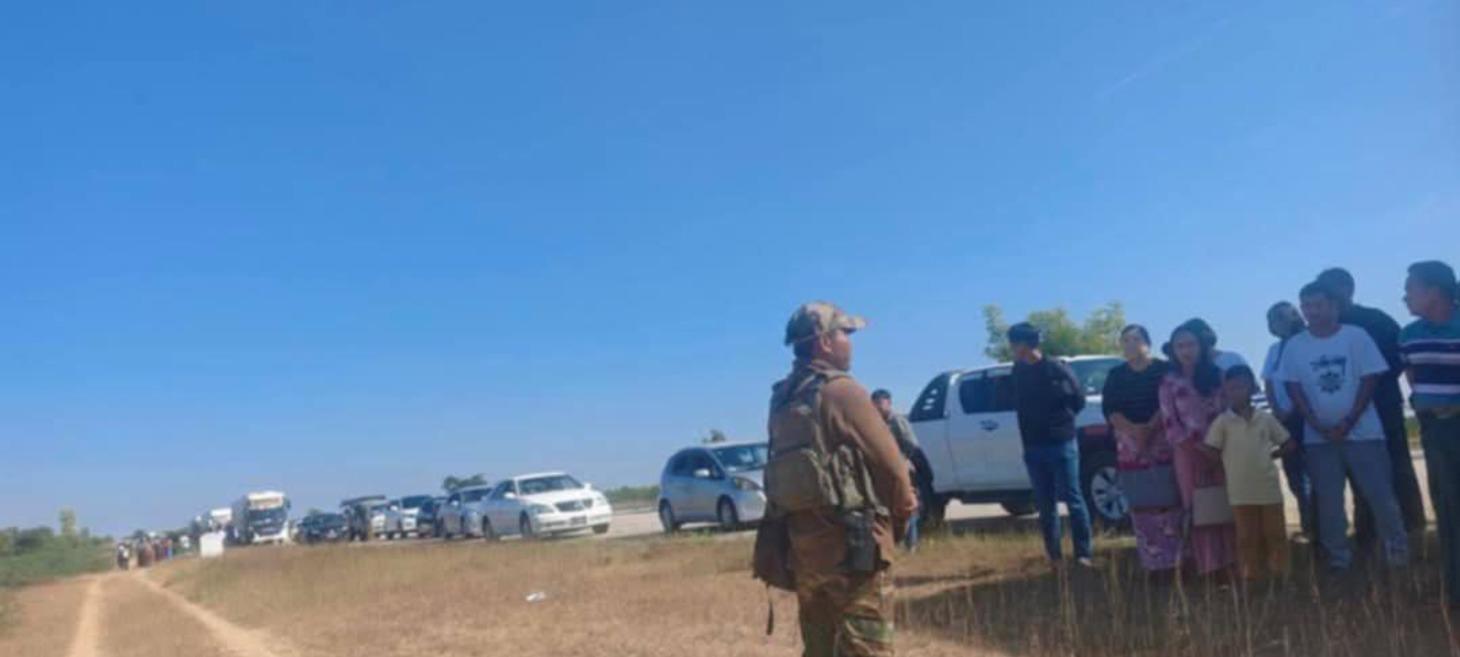
Resistance warns of clashes on road through Mandalay Region
The People's Defence Forces (PDF) have cautioned travelers to minimize travel on certain sections of the Yangon-Mandalay highway in Mandalay Region due to planned attacks on junta forces. PDF members have been stopping and inspecting vehicles at checkpoints, advising commuters to limit travel, particularly at night, and to seek shelter if fighting breaks out. Military operations are expected to take place along this route, and the PDF is seeking cooperation from the public. Dozens of vehicles have been stopped along the highway as a result. This warning comes amidst other reports of conflict in Myanmar, including the Myanmar junta bombing Thandwe and tightening its grip on Sittwe as the Arakan Army advances, as well as anti-junta forces gaining control in southern Chin State.
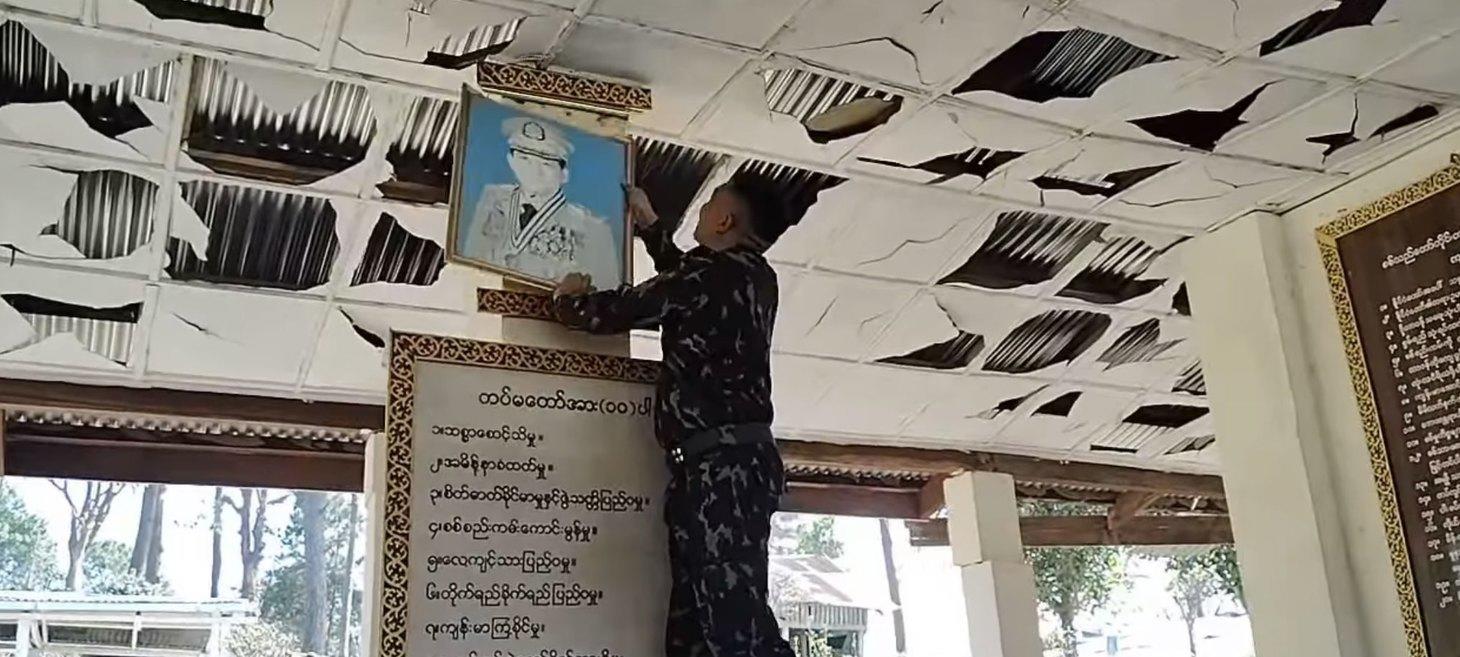
Anti-junta forces say they now control most of southern Chin State
The Chin Brotherhood Alliance, a coalition of ethnic Chin forces, has announced that they have taken control of most of the southern Chin State in Myanmar. The alliance seized the town of Kanpetlet after junta forces withdrew without a fight and also captured the Infantry Battalion (IB) 274 base near Mindat, the last junta holdout in the area. The base is less than two miles west of Mindat, and about 44 miles north of Kanpetlet. These captures give the Chin resistance forces full control of the southern Chin State.
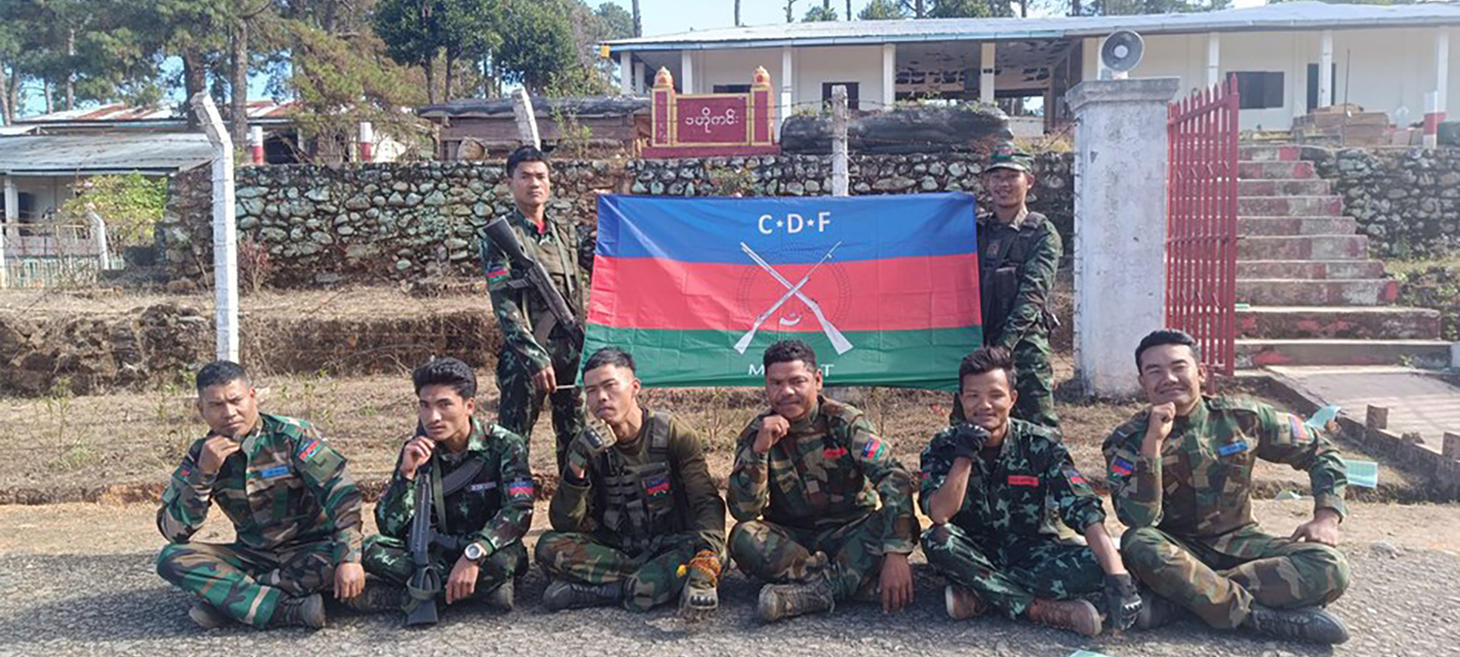
Southern Chin State Liberated from Myanmar Junta
The Chin Brotherhood has declared that southern Chin State has been liberated from the Myanmar Junta, with anti-regime forces controlling over 80% of the area since the fall of Mindat and Kanpetlet townships. The remaining junta troops are restricted to towns in Hakha, Falam, Tedim, and Thantlang, while Paletwa, Matupi, Kanpetlet, Mindat, and Tonzang townships have already fallen. The Chin Brotherhood, along with allies such as the Yaw Defense Force, Yaw Army, and Monywa People's Defense Force, began preparing for offensives against Mindat, Falam, and Kanpetlet four months prior to the operation. Operation CB began on November 9 in Mindat and Falam, leading to the surrender of 168 regime soldiers and police and the fall of Infantry Battalion 274 in Mindat. The Chin Brotherhood also reported that at least 300 junta troops and police had been detained and that the Arakan Army had provided support. The Chin National Army also launched Operation Jericho, capturing the Timit Plain between Hakha and Thantlang.
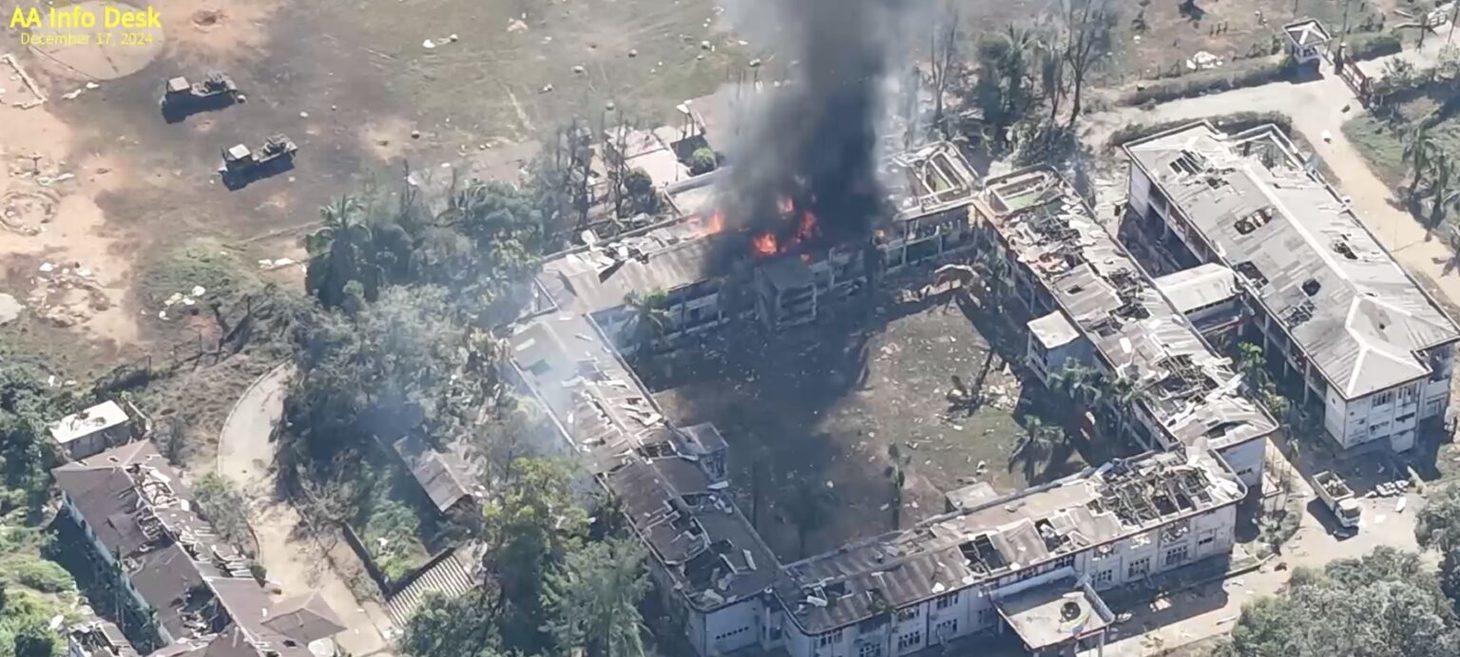
Arakan Army fully captures Myanmar junta’s western HQ in Rakhine State
The Arakan Army (AA) has taken complete control of the Myanmar junta’s Western Regional Military Command (RMC) headquarters in Ann Township on December 20, 2024. This capture occurred after an offensive where the AA also managed to capture two junta commanders, Brig-Gen Kyaw Kyaw Than and Brig-Gen Thaung Tun. The AA successfully captured the Western RMC headquarters just two days after the group seized control of Taungup, south of Ann Township. This represents a significant development in the ongoing conflict, with the AA now controlling most of the state. The fighting continues as the Myanmar junta is also reported to have bombed Thandwe and tightened its grip on Sittwe as the Arakan Army advances.
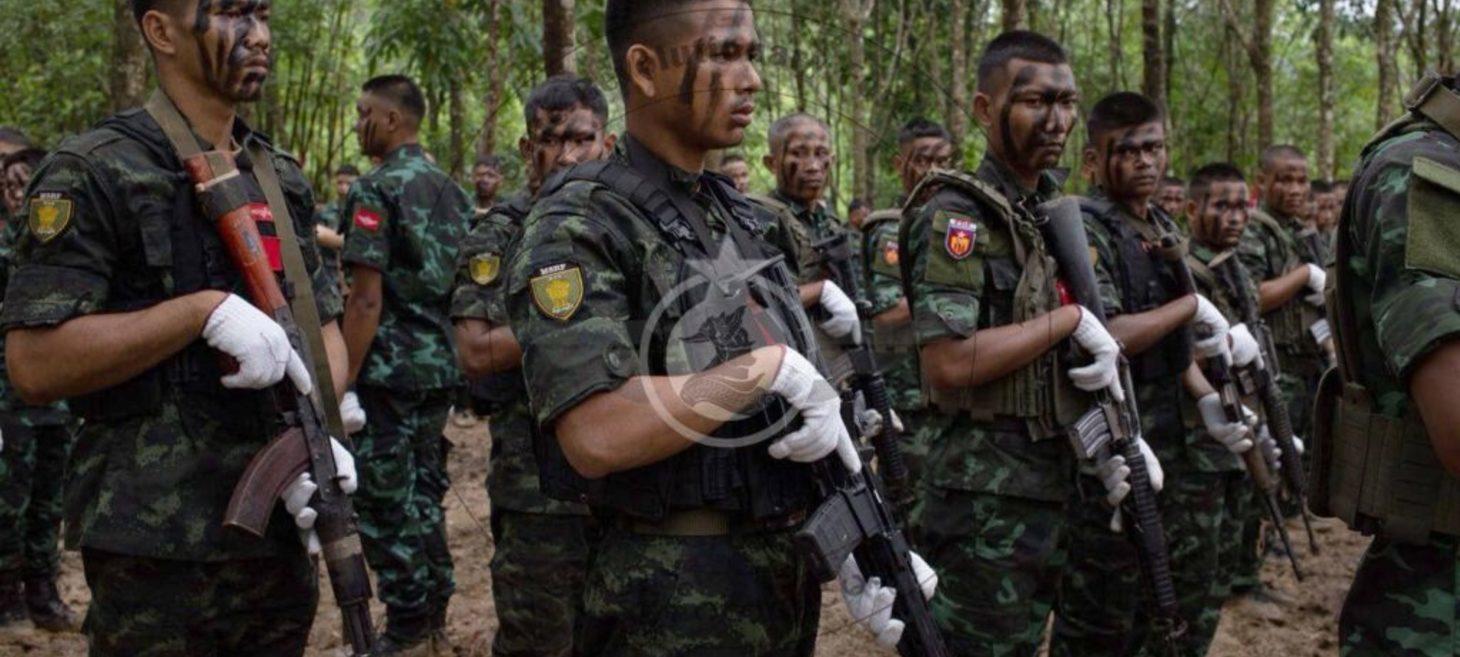
Four Mon armed groups will begin joint operation efforts to combat junta rule
Four ethnic Mon armed groups in Mon State, the Mon Liberation Army (MLA), Mon National Liberation Army-Anti-Dictatorship (MNLA-AD), Mon State Defence Force (MSDF), and Mon State Revolutionary Force (MSRF), have announced plans to conduct joint military operations against the military regime. The groups are considering forming a single army to be more effective, and the MLA has stated that operating as a unified force is more natural. The MLA and the MSDF emerged after the 2021 coup and are part of the Mon resistance against the junta. The announcement comes amidst other news of resistance activity in Myanmar, such as anti-junta forces gaining control in Chin State and the Arakan Army capturing the junta's western headquarters.
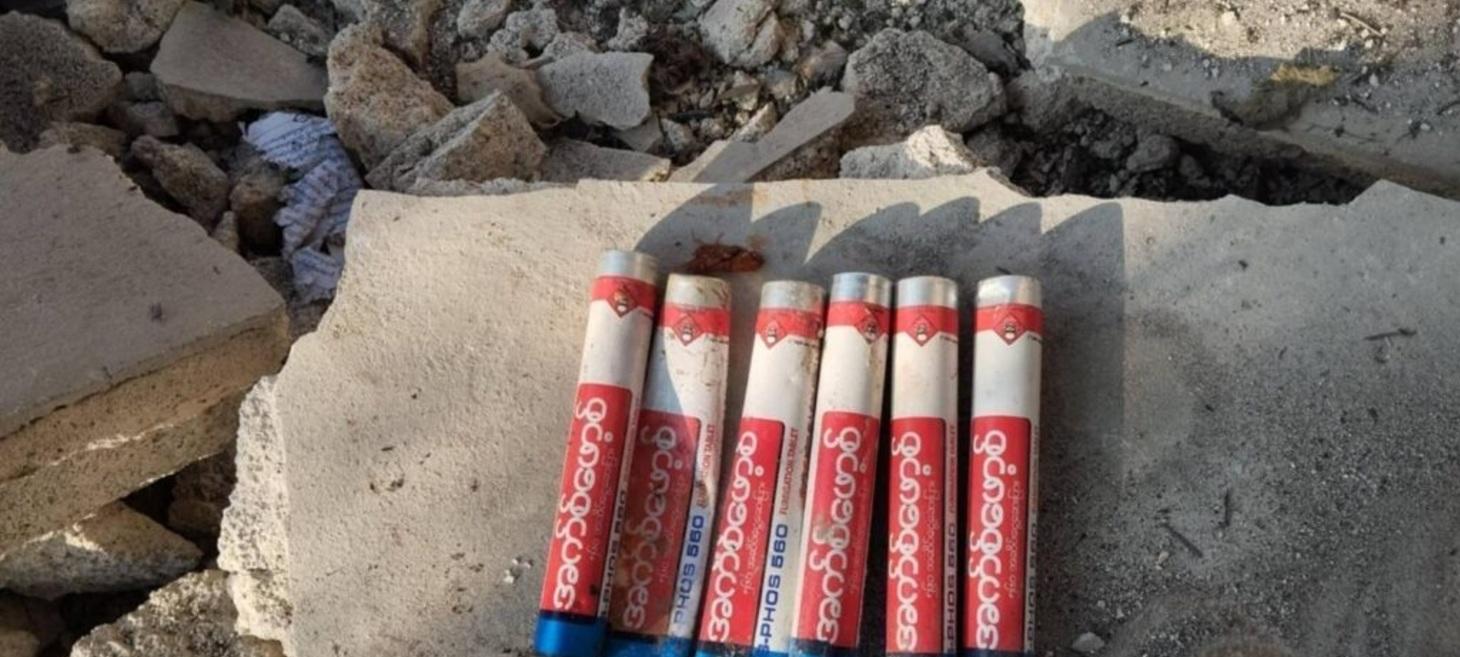
Chemical Weapons Delivered by Burma Army Drone in Shan State
On December 7, 2024, the Burma military used aerial drones to disperse aluminum phosphide insecticide in the Moe Bye area of southern Shan State, causing nausea and dizziness in several people. The insecticide containers were labeled in Burmese with a skull and crossbones insignia, and the Latin script "S-PHOS 560," suggesting a domestic origin. Research identified a manufacturer in Yangon called Wi Sar Ra that produces a product with the same name, containing aluminum phosphide. When aluminum phosphide comes into contact with moisture, it converts to phosphine gas, which is heavier than air and can linger in low-lying areas. This incident is not isolated; there have been other instances where the Burma Army has reportedly used chemical substances as weapons, including reports of bombs causing symptoms like dizziness, breathlessness, and oxygen depletion. The use of chemical weapons is widely condemned under international law, including the Chemical Weapons Convention, which prohibits the use of toxic chemicals, including pesticides, in combat. Myanmar is a signatory to this convention and therefore bound to its terms. Such use is also prohibited under customary international humanitarian law and can constitute a war crime.
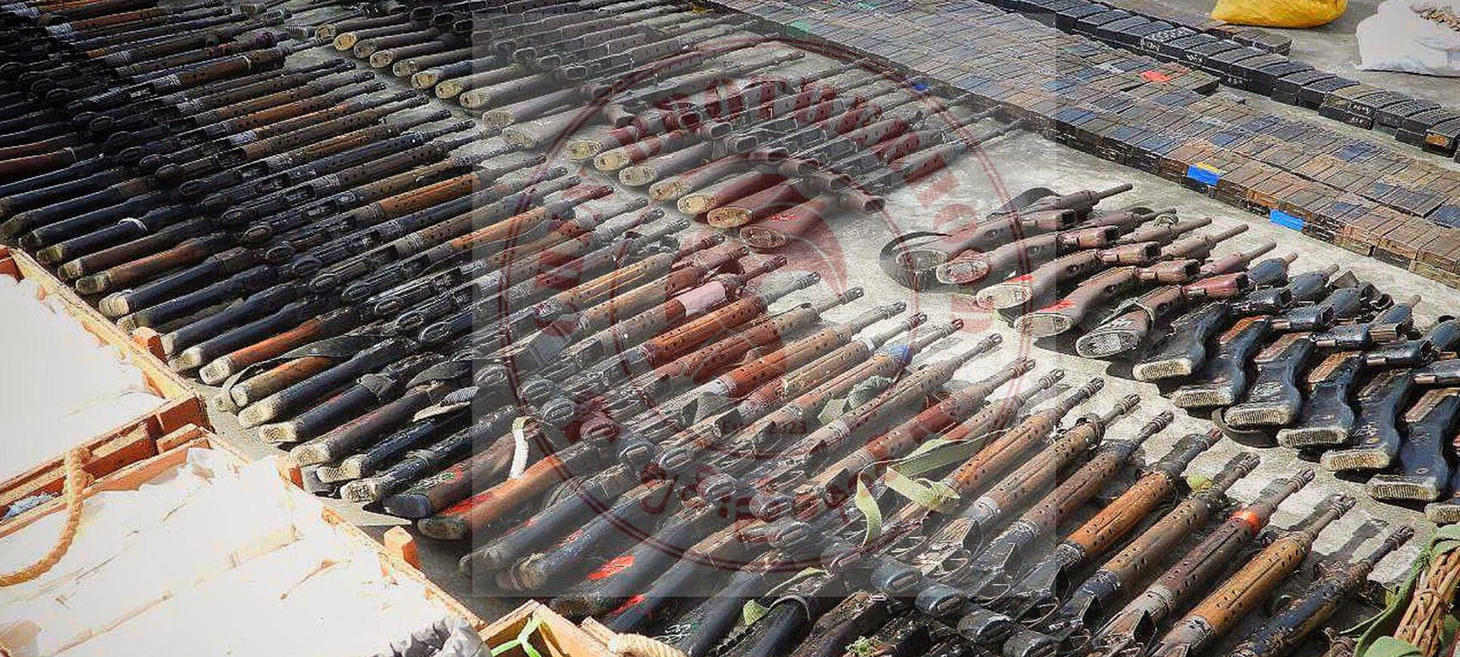
Scores of Myanmar Junta Troops Surrender in Chin Rebel Offensive
The Chin Brotherhood (CB), an alliance of six ethnic resistance groups, launched Operation CB in southern Chin State on November 9, 2024, and has since seized several regime bases. A total of 168 junta soldiers and police, along with their families, surrendered to the CB alliance in Mindat and Falam townships. 123 military and police troops surrendered at the Mindat District Police Station, while 45 police officers surrendered in Falam Township. The CB alliance has taken control of multiple locations in Falam, including the police station, Department of Construction, Department of General Administration, and Hospital Hill. Additionally, the Chinland Council (CC) forces, led by the Chin National Army (CNA), launched Operation Jericho and seized the Timit Plain, which provides a strategic position for attacks on Hakha and cuts off supply routes. The CB has vowed to continue fighting to liberate all of Chin State.
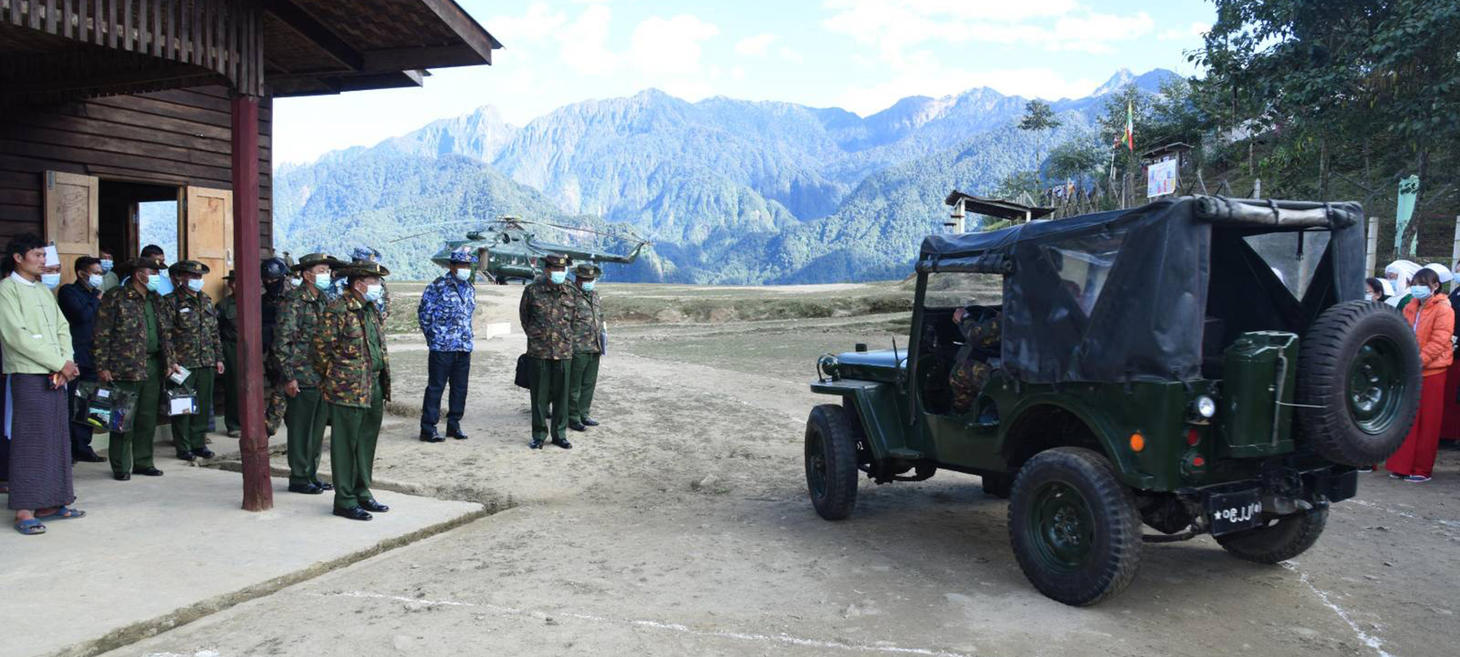
KIA Opens New Front Near Myanmar-China Border
The Kachin Independence Army (KIA) and its allies, the Kagabu People’s Force (KPF), have seized a militia base in Lahisen camp, opening a new front in Putao District near the Chinese border. The camp, which housed around 70 junta troops, is located between Tsawlaw and Khaunglanhpu town. The KPF tried to negotiate with the militias at Lahisen after capturing Lansel village but were attacked, leading to the assault. The KIA and KPF have captured other towns in the area, including Chipwe, Tsawlaw, and Kanpiketi. The KIA aims to remove all junta troops from Kachin State. The KIA previously had a limited presence in Putao but has recently launched operations to consolidate control of the district. The area is near the sources of the Mali and Salween rivers, with China to the north and India to the west. The Kachin State's population is mainly from the Kachin, Rawang, and Lisu communities. The camp was previously held by the Khaunglanhpu militias, who were connected to the pro-military Rebellion Resistance Force led by Tang Gu Tan, who broke away from the KIA.
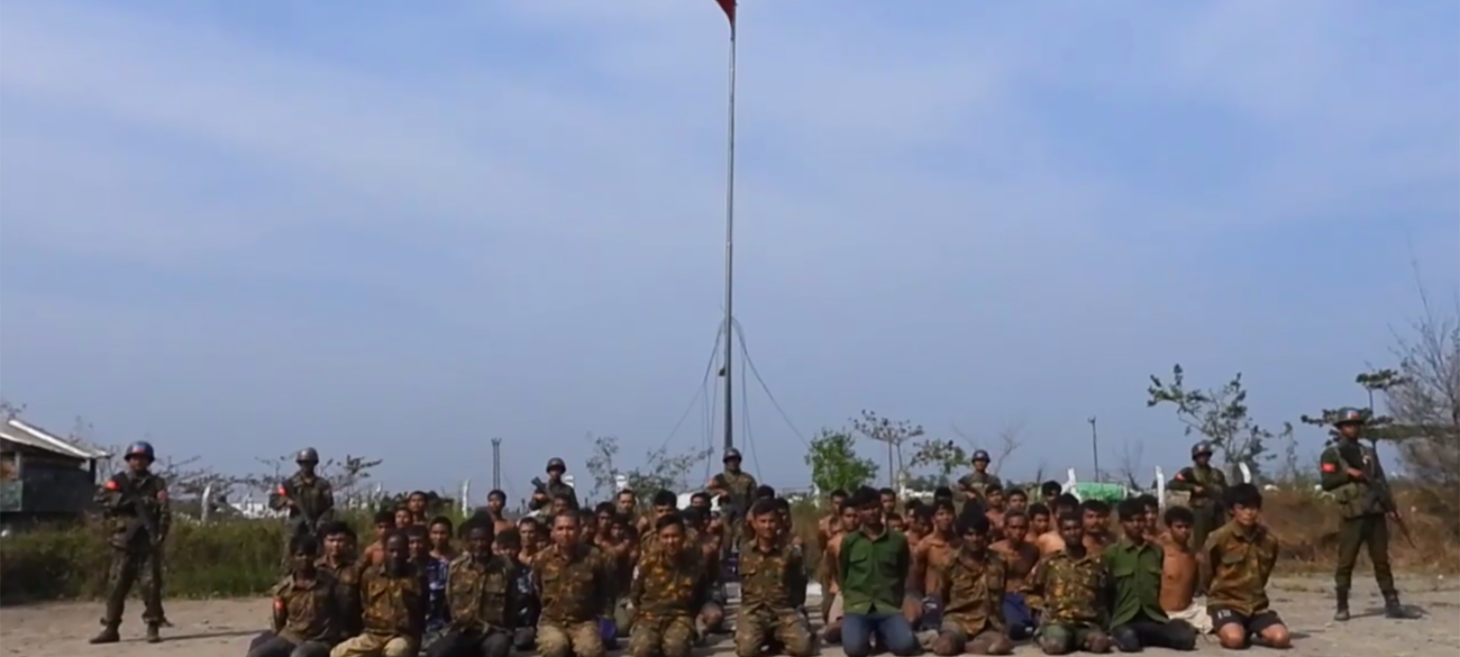
Myanmar Junta Commander Dies Fleeing Victorious AA
Colonel Aung Nay Myo, the acting commander of the 22nd Light Infantry Division, was killed while fleeing from the Arakan Army (AA) after they seized Border Guard Police Battalion No. 5 in Maungdaw Township on December 8, 2024. Aung Nay Myo was attempting to escape to Bangladesh with the help of local Muslims, when he triggered a landmine planted by border guard police and died of blood loss. The AA found gold bars, gold jewelry, and approximately 80 million kyats by his body. The AA's victory gave them control of Maungdaw Township and the entire 270-km border with Bangladesh. The AA is part of the Brotherhood Alliance of ethnic armed organizations, which has been seizing territory from the Myanmar Junta since October 2023. The AA expanded operations into its home state of Rakhine in November 2023 and has since captured 12 of 17 townships and other towns in Rakhine and the Paletwa Township in neighboring Chin State. The AA also captured Brigadier General Thurein Tun in the same operation.
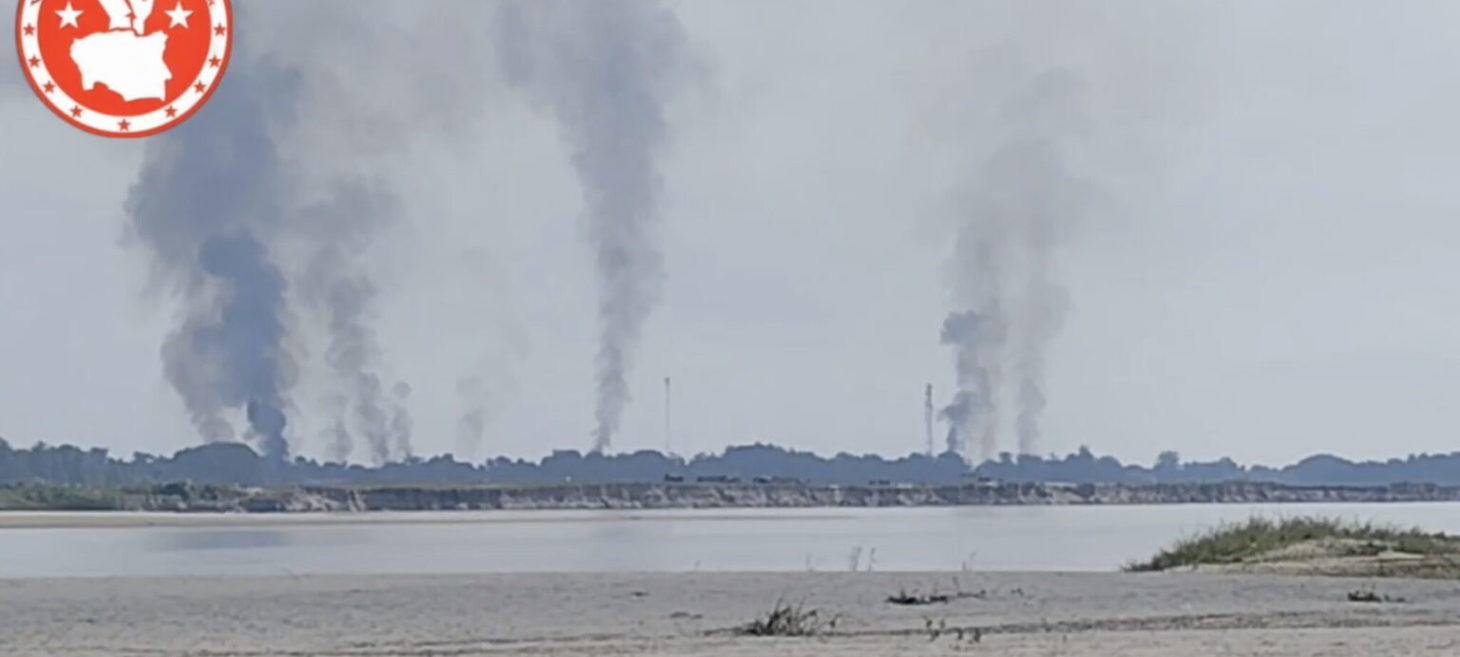
Myanmar junta forces torching recaptured villages north of Mandalay
Myanmar's military has been destroying villages in the northern Mandalay Region after retaking them from the Mandalay People’s Defence Force (MDY-PDF). The military retook western Madaya Township on November 23 after a week-long offensive. Since then, hundreds of homes have been burned, with at least five villages destroyed and the number of houses torched nearing a thousand. The junta troops based in the village of U Dein have been raiding other villages. These actions are taking place along the eastern bank of the Ayeyarwady River in Mandalay Region’s Madaya. The military's actions are occurring in the context of ongoing conflict and other developments in the country, including the Arakan Army's capture of the Myanmar junta’s western headquarters in Rakhine State, resistance forces controlling most of southern Chin State, and clashes on roads through the Mandalay region.
Conscription
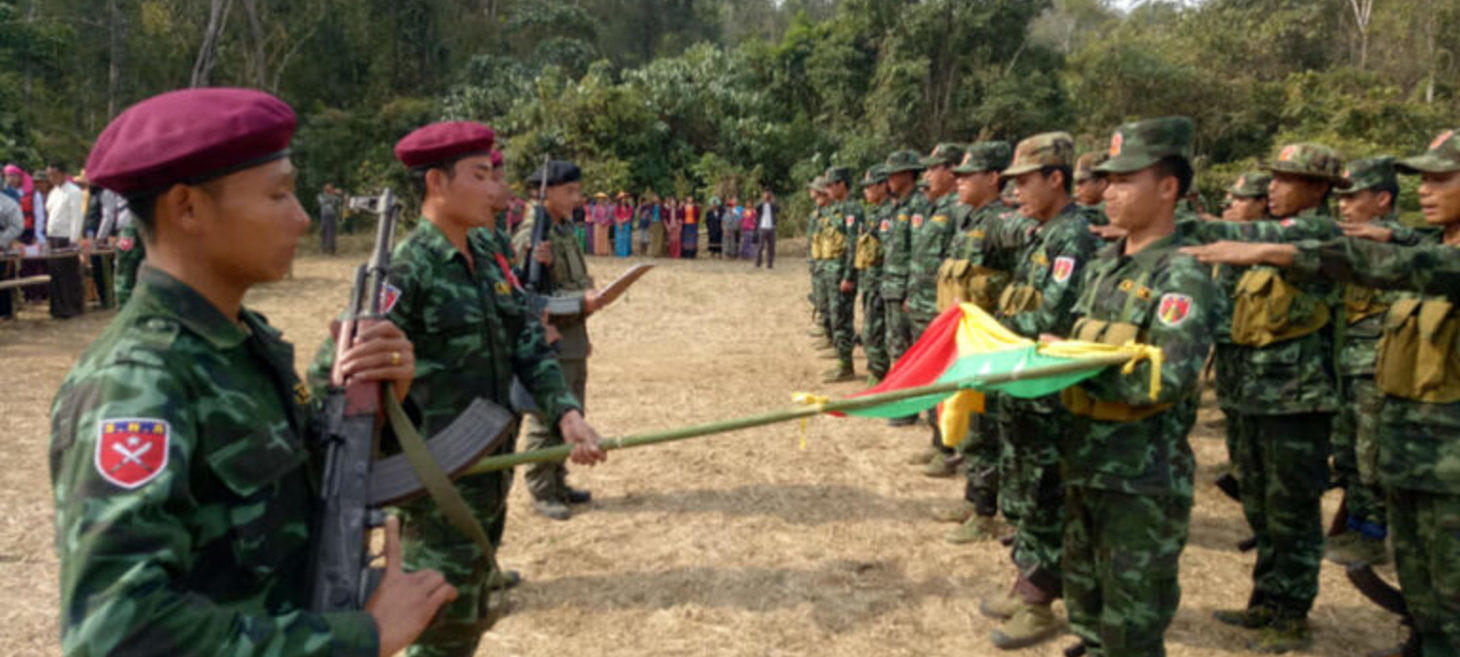
Armed group allied with Myanmar military conscripting civilians in Sagaing Region
In a concerning development in Myanmar's Sagaing Region, residents of Banmauk town have begun fleeing due to forced conscription efforts by the Shanni Nationalities Army (SNA), a group allied with the Myanmar military junta. The SNA has reached an agreement with local ward administrators to recruit new members for combat and security services, targeting men between 18 and 40 years old. The conscription drive began on Monday, with the SNA taking 30 men from Hlwa Sin Kone Ward and compiling household registration lists for further recruitment. This action has sparked fear among the local population, prompting many to escape from other wards to avoid being forcibly enlisted.
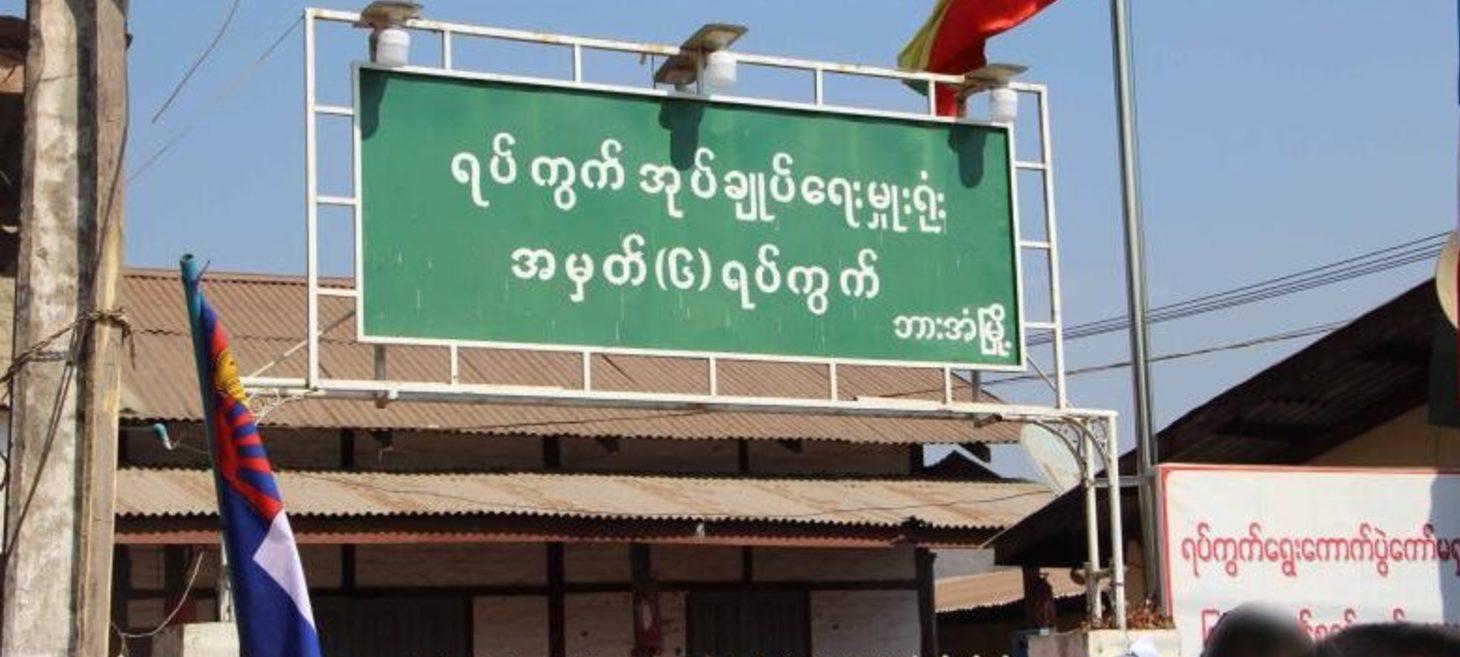
Junta Arresting and Conscripting Men in Hpa-An City
In Hpa-An City, the capital of Karen State, the junta is forcibly conscripting young and middle-aged men, sending them to Taungkalay Light Infantry Battalion (LIB) 201 for military training. These recruitment drives are led by junta soldiers, junta-appointed ward administrators, and 100 house group elders. Ward administrators are known for their cruel actions, including overseeing previous conscriptions and forced labor. The junta aims to send 200 conscripts to the battalion and is continuing to forcibly take young people until the target is met. Additionally, the junta is arresting and conscripting young people traveling to Karen state at checkpoints, such as the Thanlwin (Salween) River Bridge and the Zarthapyin Bridge. In one instance, two employees of a building materials store were arrested while delivering supplies and were released after paying a 10 million MMK fee each.
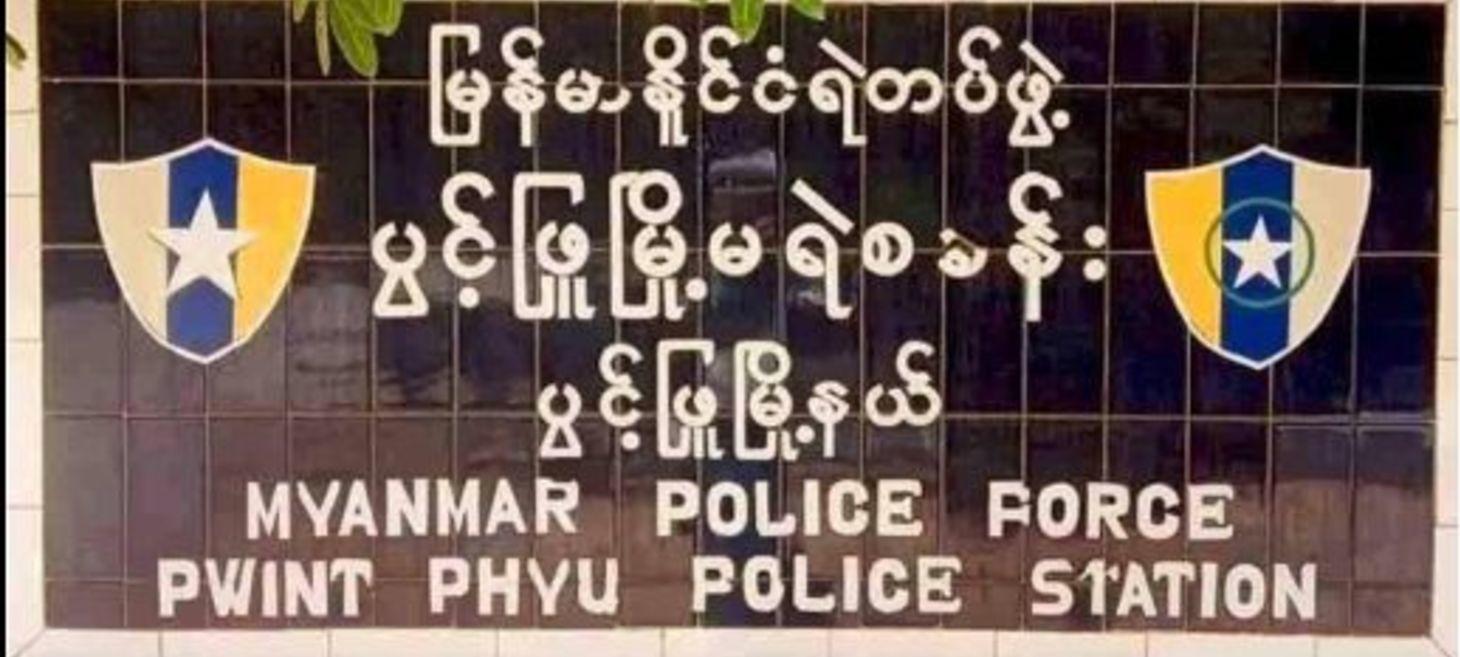
Junta Demands Money to Return Men Abducted from Pwintbyu Township - Burma News International
In Pwintbyu Township, Magway Region, junta soldiers have been abducting men under the guise of conscription and demanding ransoms for their release. On December 19, 2024, eight men were arrested from four villages. Six of the men were handed over to the Pyu-Saw-Htee militia group, who are demanding 7.5 million MMK for each man's release. The other two were taken to the Pwintbyu Township Police Station, and their fate is unknown. According to a villager, the junta is resorting to these abductions to make money because villagers can no longer afford to pay the fees demanded to avoid conscription, which range from 30,000 MMK to 1.5 million MMK per household. The junta previously used similar tactics in September 2024, abducting men at the Mone River Bridge and releasing them after receiving 2 million MMK per person. Resistance forces have advised young adults to avoid junta troops and militia members.
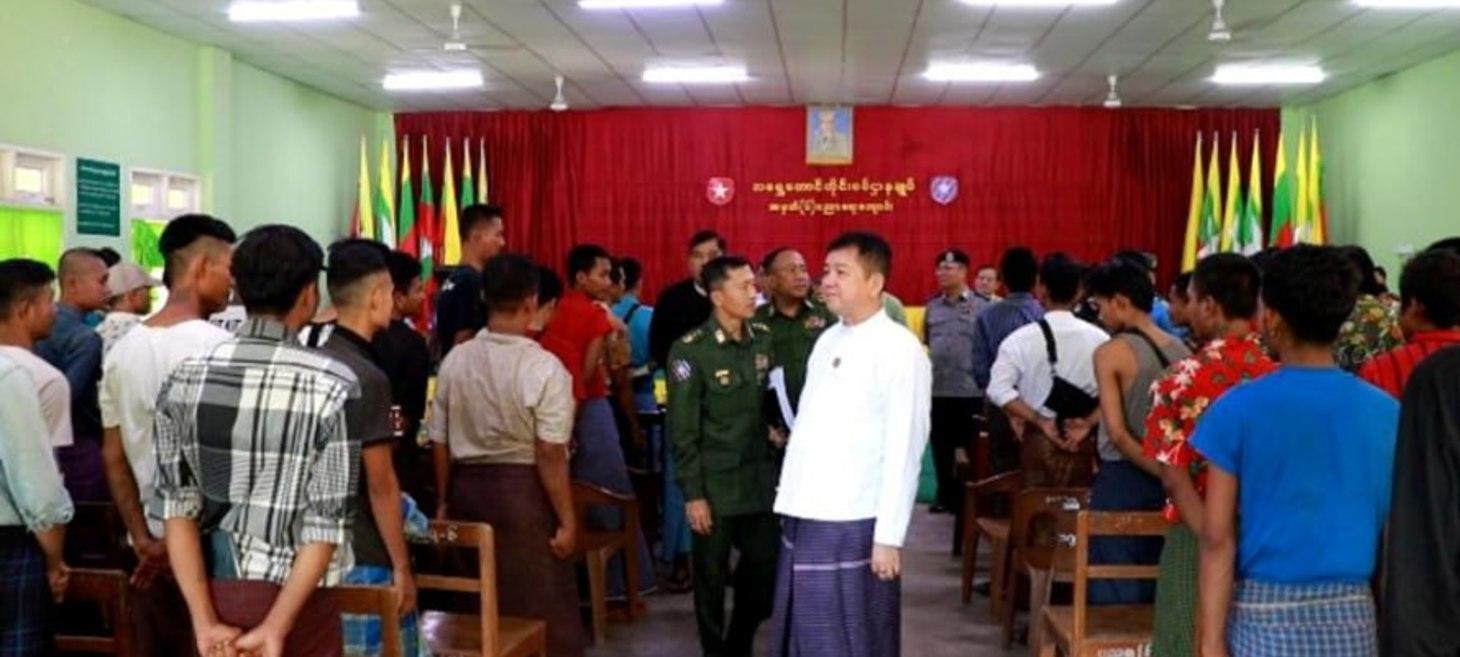
Junta Resorting to Desperate Conscription Methods in Mon State - Burma News International
The junta in Myanmar is resorting to desperate conscription methods in Mon State, including organizing night festivals to kidnap young people returning home. This is happening because the junta is having trouble finding people willing to enlist, especially given their heavy battlefield losses. The junta has already conscripted 1,700 people from Mon State in the first eight rounds of conscription since the conscription law was re-enacted on February 10, 2024. People who are abducted and cannot afford to buy their freedom are sent to military training. The conscription law requires men aged 18 to 45 and women aged 18 to 35 to serve for 2 to 5 years, and those who refuse face imprisonment, a fine, or both. Many young people are fleeing abroad or seeking shelter in resistance-controlled areas to avoid conscription. According to the Burma Affairs and Conflict Study (BACS), the junta conscripted at least 21,000 people nationwide during the first five rounds, with about 13,000 deployed to the frontlines. The Mon State Revolutionary Force (MSRF) believes the junta is abducting young people to replenish lost manpower and to try to retake lost territories.
Economy
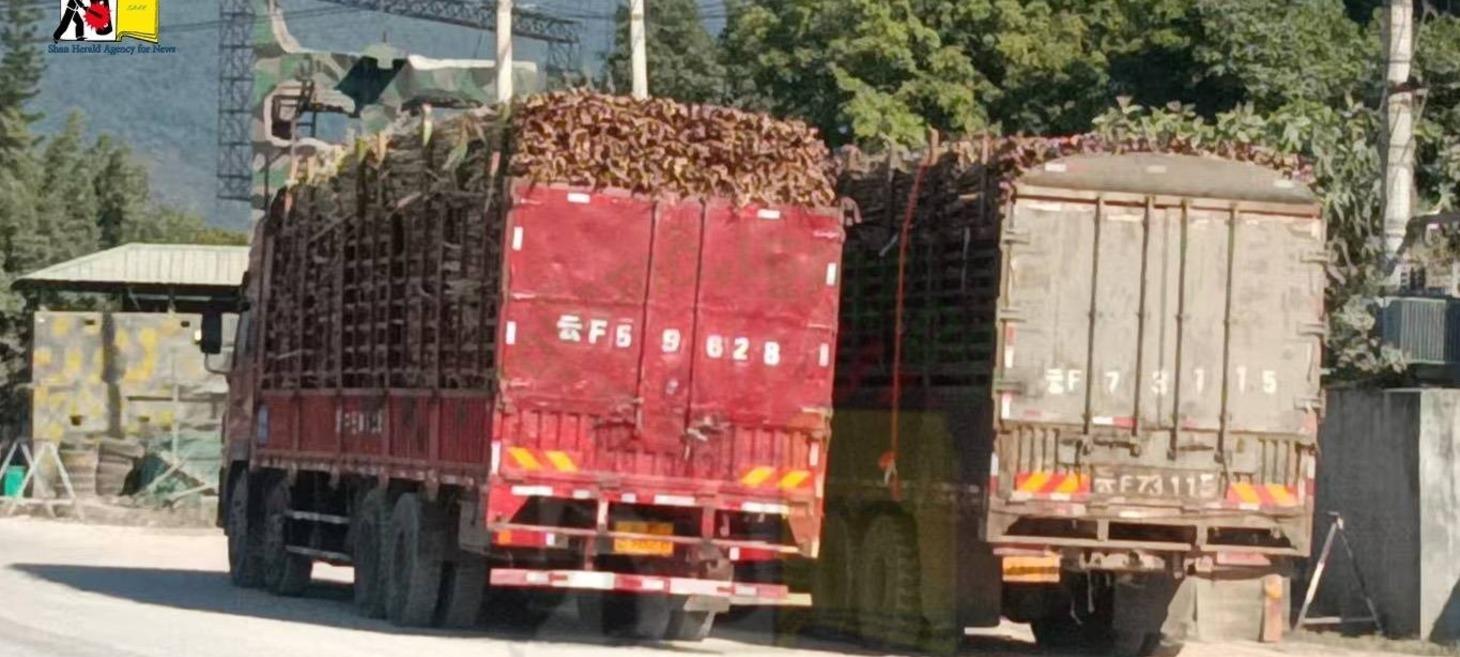
China Continues to Ban Exports to Three Brotherhood Areas
China has continued to ban exports to areas controlled by the Three Brotherhood Alliance, which includes the Myanmar National Democratic Alliance Army (MNDAA) and the Ta’ang National Liberation Army (TNLA). While border crossings have reopened for the export of sugarcane and corn from Myanmar to China, imports from China into Myanmar remain prohibited. The Three Brotherhood Alliance controls four border towns in northern Shan State, with the MNDAA controlling Pang Hsai (Pan Saing), Chinshwehaw, and Mong Ko (Monekoe), and the TNLA controlling Nam Kham. The MNDAA also has joint control with the junta of the Kyansangkyawt border trading post in Muse Town. The Chinese authorities are allowing the export of corn to China with a set target of 100,000 tons through the Kyansangkyawt trading post, after which the Mong Ko post will handle corn imports, and the process will rotate between the two. The Three Brotherhood Alliance collects a tax of 2,500 RMB for each truck of corn passing through the Kyansangkyawt trading post. Locals believe that the continued border blockade of goods from China indicates China's support for the junta rather than the revolution.
Ethnic Issues
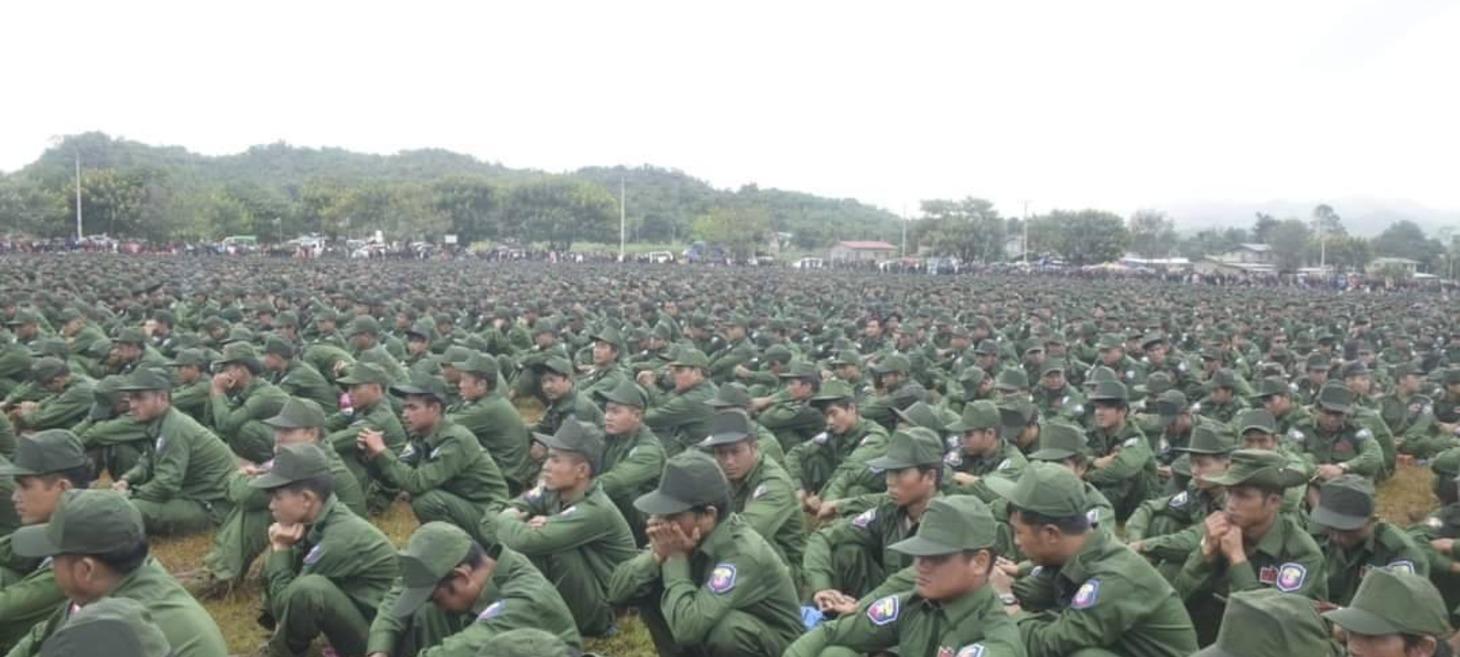
Junta-Aligned PNO Demanding More Vehicle Taxes
The Pa-O National Organisation (PNO), a junta-aligned militia group, is increasing tax collection from vehicle owners in Hopong Township, Shan State. Since the second week of December, the PNO has been collecting taxes from households in Hopong Town and the villages of Samkar and Namhkok. Vehicle owners in villages are taxed 30,000 MMK, while those in the town are taxed 50,000 MMK. Additionally, 12-wheel trucks in the town are taxed 100,000 MMK. The PNO also collects taxes under various pretexts in areas it controls, including Hopong, Hsihseng, Nyaungshwe, and Panglong. These taxes are adding to the economic hardships of the people, and the PNO is also gathering data on youths in preparation for conscription drives. Besides collecting taxes, the PNO owns businesses in various sectors including hotels, steel, cement, jade mining, and real estate.
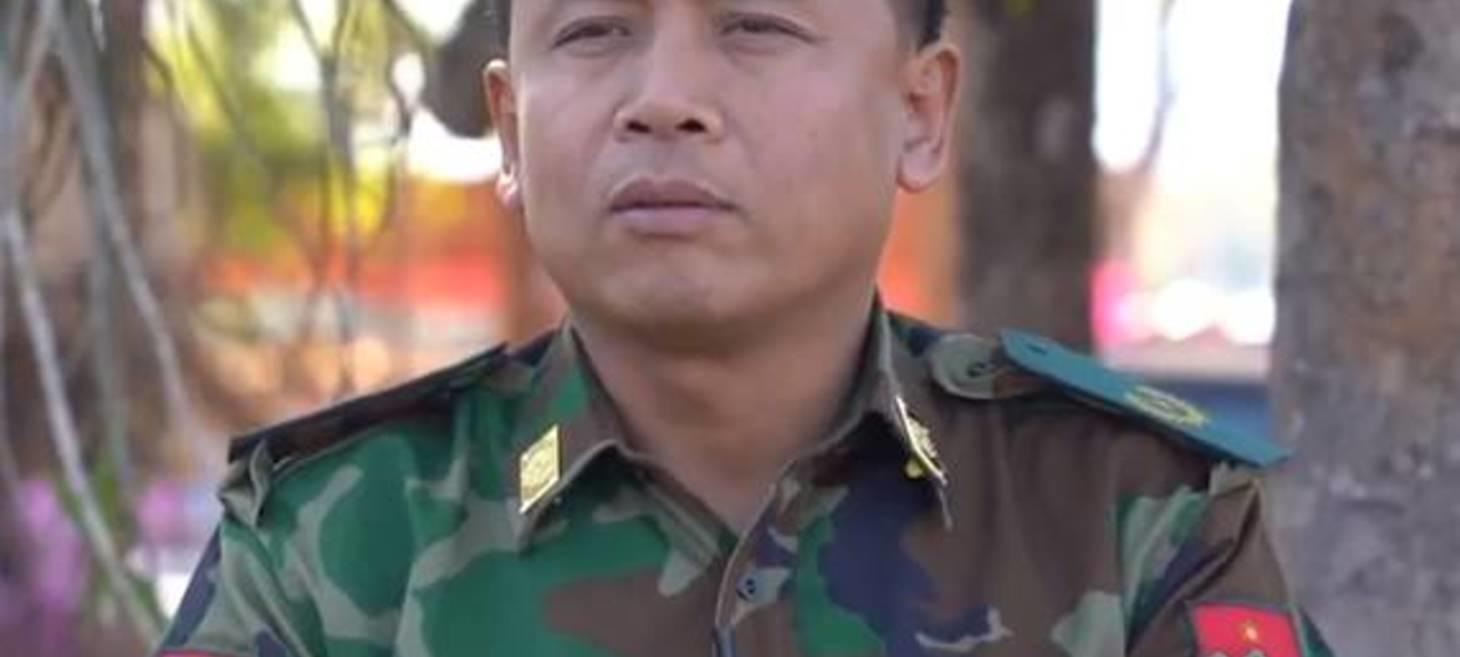
Interpretation of TNLA General Secretary Gen Tah Phone Kyaw interview with the BBC
The Ta’ang National Liberation Army (TNLA) General Secretary Gen. Tah Phone Kyaw gave an interview with the BBC Burmese Section regarding the TNLA's political and military situation, particularly in relation to talks with the junta brokered by China. The TNLA has captured territories but faces challenges in administering them, including the impact of junta airstrikes and blockades, along with China's sanctions, on civilians. While the TNLA portrays its administration in captured territories as successful, some reports indicate that only Ta’ang people are in administrative roles. The TNLA aims to establish an expanded Palaung Self-Administered Zone as a Ta’ang or Palaung State. The general secretary said the inclusion of all captured territories would need discussion with stakeholders at an appropriate time. However, the TNLA is against withdrawing from captured territories, even against Chinese urging. The TNLA's goal is to achieve a ceasefire and solidify control over its territories, and to get a future government to accept its demand for an expanded Ta’ang State. The TNLA's territorial expansion is creating concerns with the Shan majority and other ethnic groups.
Foreign Affairs
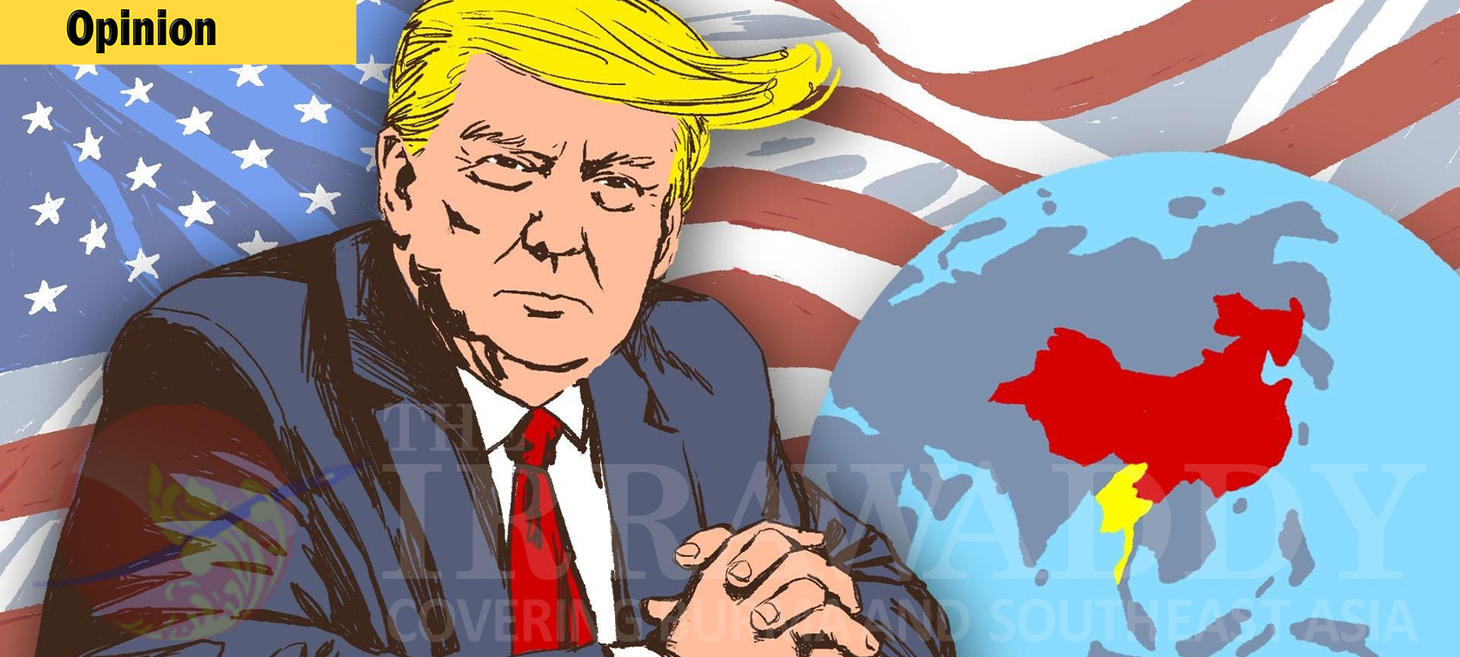
Under Trump, Will America Be ‘Back Again’ in Asia?
Under a second Trump administration, the US and China are expected to engage in a trade war. While the US remains a pre-eminent global power, there are concerns that America may turn inward. Initial observations are that the incoming administration has zero ideology and there is a fear that it will therefore have zero interest in Myanmar. The US has previously paid attention to the democratic movement in Myanmar and imposed sanctions after the 1988 nationwide uprising. The Myanmar military welcomed Trump's first presidency, seeing him as a right-wing nationalist not interested in democracy and human rights. Although there is some interest in Myanmar within the State Department, it is feared that the Trump administration's interest in Myanmar will be low, allowing China to advance its geostrategic interests there. The US is an Indo-Pacific nation, and the region accounts for 60 percent of global GDP, and to counter China, Myanmar democratic forces will need US leadership and support. The US needs to establish that America is back again and not let Myanmar become a forgotten crisis.
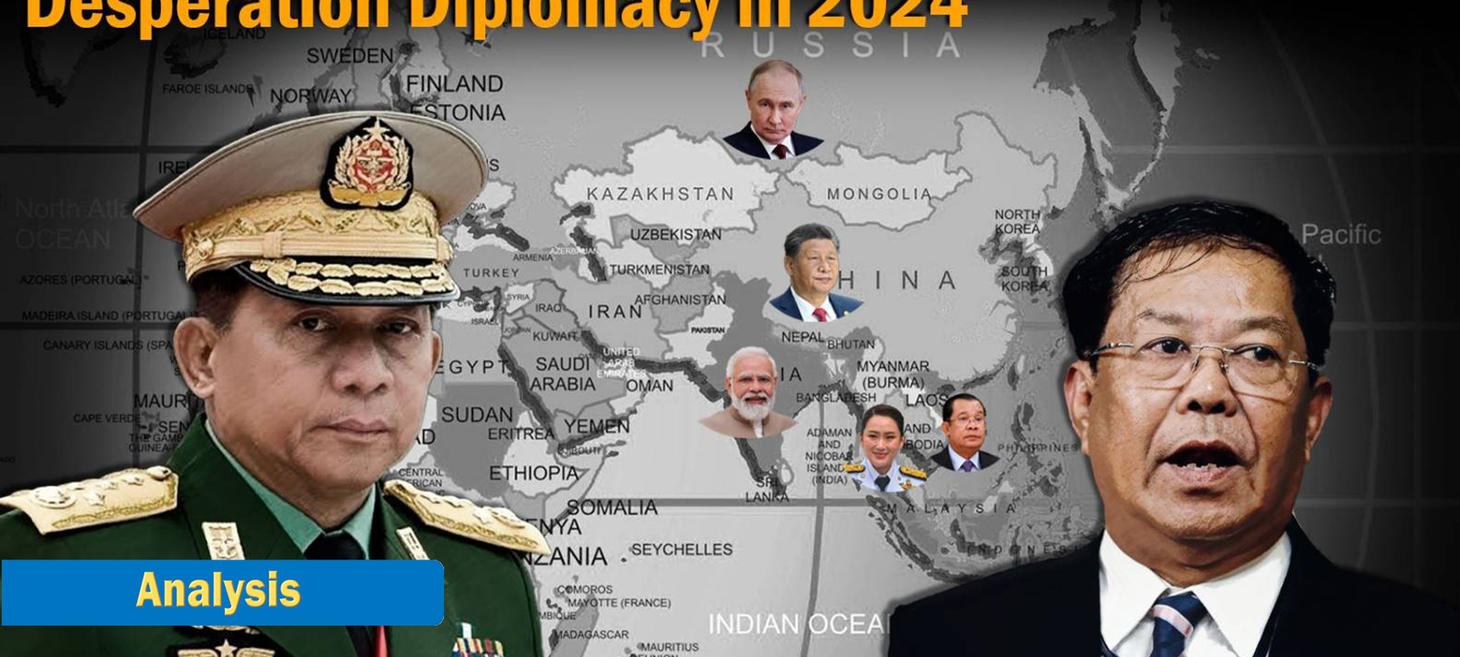
Myanmar Junta’s Desperation Diplomacy in 2024
Myanmar's junta regime has been diplomatically isolated by Western nations since the 2021 coup, leading them to seek support from countries such as China and Russia. The junta's diplomatic efforts in 2024 have included frequent visits to China and Russia by top officials, seeking support from their key allies and arms suppliers. Junta leaders have been barred from attending ASEAN summits but have been able to meet with other regional ministers at summits hosted by China. Despite these efforts, the junta has lost control of dozens of towns and two military commands to resistance forces. The regime's diplomatic network has expanded to include Iran. At the same time, they continue to engage with other ASEAN nations such as Thailand, Laos, and Cambodia, although they have resorted to sending permanent secretaries to ASEAN meetings. Domestically, the regime faces a struggling military campaign, power cuts, troop depletions and is resorting to forced conscription.
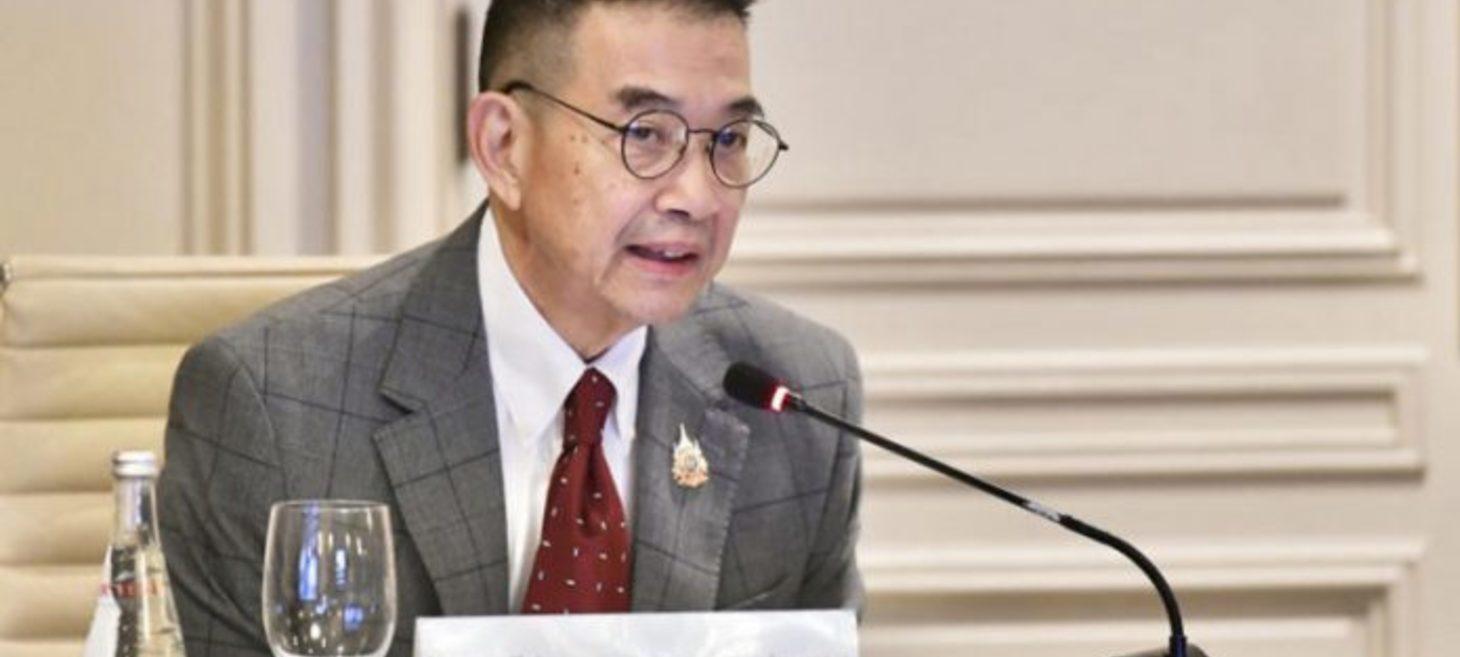
Activists condemn ‘informal meeting’ on Myanmar
Myanmar activists are condemning Thailand's "informal meeting" with the military regime, which included foreign ministers from ASEAN and officials from China, India, and Bangladesh. The meeting, held in Bangkok, was criticized for excluding the National Unity Government (NUG) and ethnic representatives, thus lacking inclusivity. Activists are calling for international leaders to recognize the NUG as the legitimate representatives of Myanmar and to increase pressure on the regime to restore democracy. They also accuse China, India, and Thailand of complicity in legitimizing the regime, which seized power in the 2021 coup, and for disregarding the ongoing case at the International Criminal Court. The activists argue that engaging with the military regime only prolongs the suffering of Myanmar's people. They are urging ASEAN and other countries to listen to the voices of the people of Myanmar, take steps towards restoring democracy, safeguard human rights, and end the military's grip on power.
General News
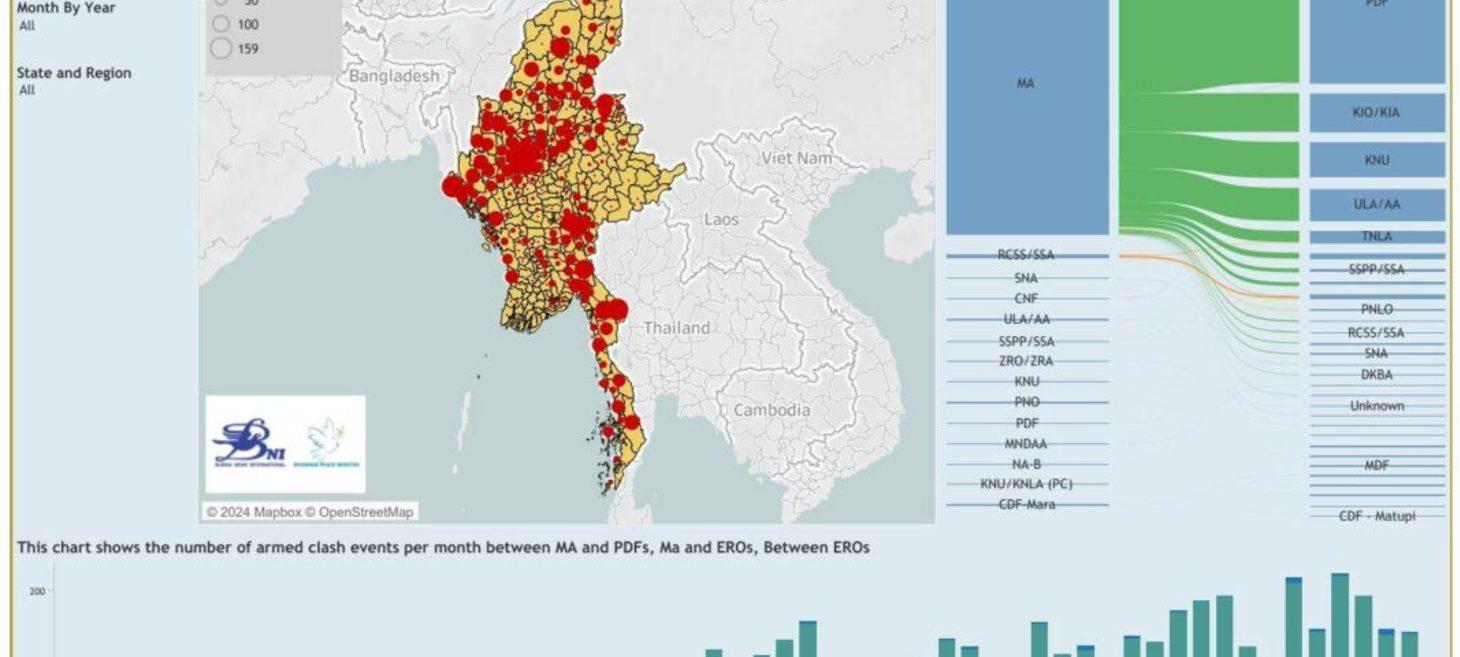
MILITARIZATION OF BURMA: Devastation of the country due to power monopoly urge of the military class
The article discusses the militarization of Burma, which it attributes to the military's desire to monopolize political power, starting with a 1962 coup that was ostensibly to prevent the country's disintegration. This action led to ongoing ethnic conflicts and rebellions in several states. A key point is the shift in the population's attitude towards the military after a period of relative freedom under the NLD government (2016-2021), leading to widespread protests and armed struggles, especially by the younger generation. The militarization has two aspects: a positive one, where ethnic resistance organizations (EROs) fight for a federal democracy, and a negative one, characterized by the military junta's forced conscription. The anti-junta forces are gaining control over more areas, with some cities and military commands falling. While militarization is generally not seen as good, in the case of Burma, it is a response to oppression, with the majority of the Bamar population now opposing the military and joining the EROs.
Healthcare
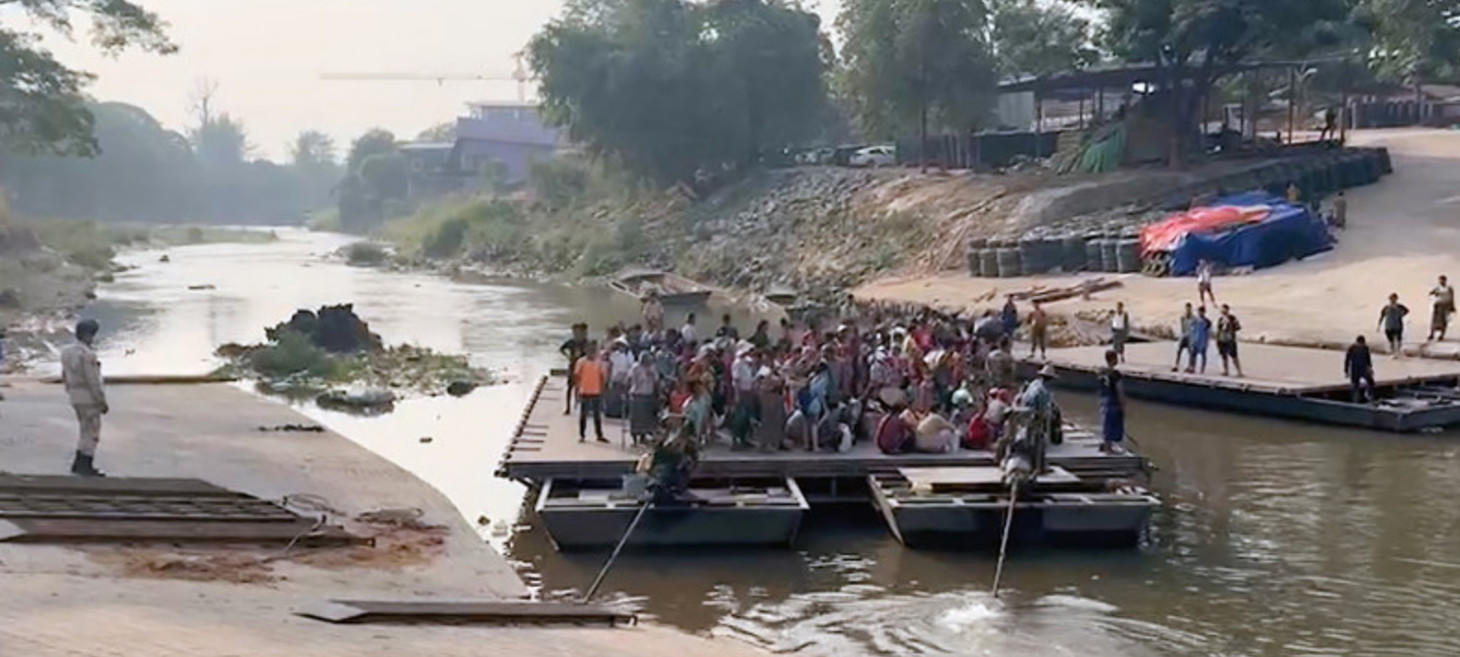
Alert sounds over cholera outbreak in Myanmar - Bangkok Post
Following a cholera outbreak in Myanmar, Deputy Prime Minister Phumtham Wechayachai has ordered increased surveillance along the Thai-Myanmar border in Tak. The Ministry of Defence is collaborating with the armed forces and the Public Health Ministry to implement stricter border measures, including checkpoints and quarantine spots. Surveillance will be maintained for at least a month to prevent the outbreak from spreading into Thailand. Local authorities are also working to educate people about cholera and are distributing protective equipment. The outbreak in Myanmar has resulted in two deaths and 300 infections in Shwe Kokko, a town near Tak. In Tak, two suspected cases were detected, one at Mae Sot Hospital and the other at Mae Ramat Hospital. Mae Sot and Mae Ramat districts are considered high risk due to the number of factories employing workers from across the border. An emergency operations center has been established in Tak, implementing preventative measures such as monitoring patients with diarrhea and the quality of food at public events. Proactive surveillance is also being conducted in high-risk areas, with efforts to ensure sufficient medical supplies.
Humanitarian
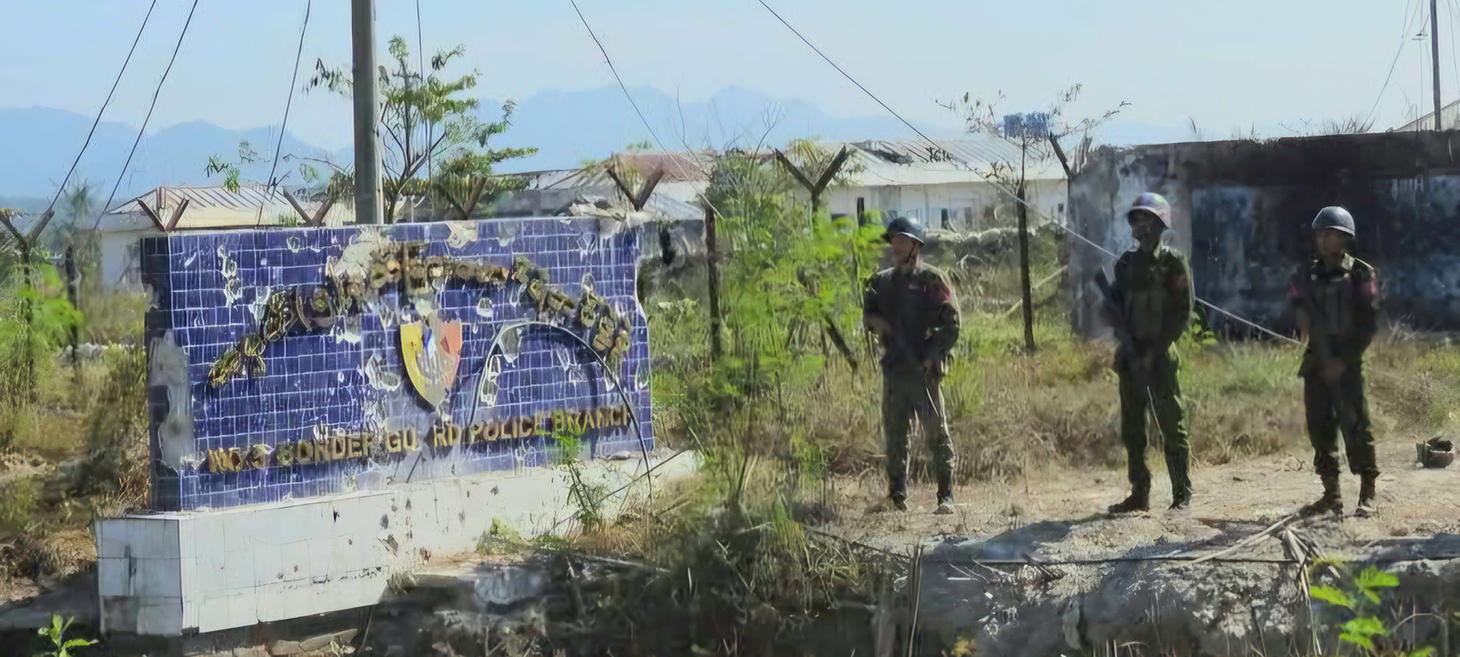
UN Slams Aid Abuse After ‘Rice Bunkers’ Found at Myanmar Junta Base
The United Nations World Food Program (WFP) has condemned the misappropriation of humanitarian aid in Myanmar after sacks of food marked with the WFP logo were discovered at a junta base in Maungdaw Township, Rakhine State. The Arakan Army (AA) seized the base on December 8, and reporters who visited the site reported that the junta forces had used the sacks of rice to build bunkers. The WFP has stated that any misuse of humanitarian aid intended for vulnerable communities is unacceptable. This incident occurred six months after junta troops were accused of looting and burning a WFP warehouse in Waisali village. The WFP has provided aid to 1.7 million people across the country this year. Myanmar's food security situation continues to worsen due to ongoing conflict, climatic shocks, and the economic slowdown. The conflict between the junta and the AA has affected 16 of 17 townships in Rakhine, displacing an estimated 380,000 people in Rakhine and neighboring Paletwa, pushing the total number of displaced individuals to over 570,000.
Military
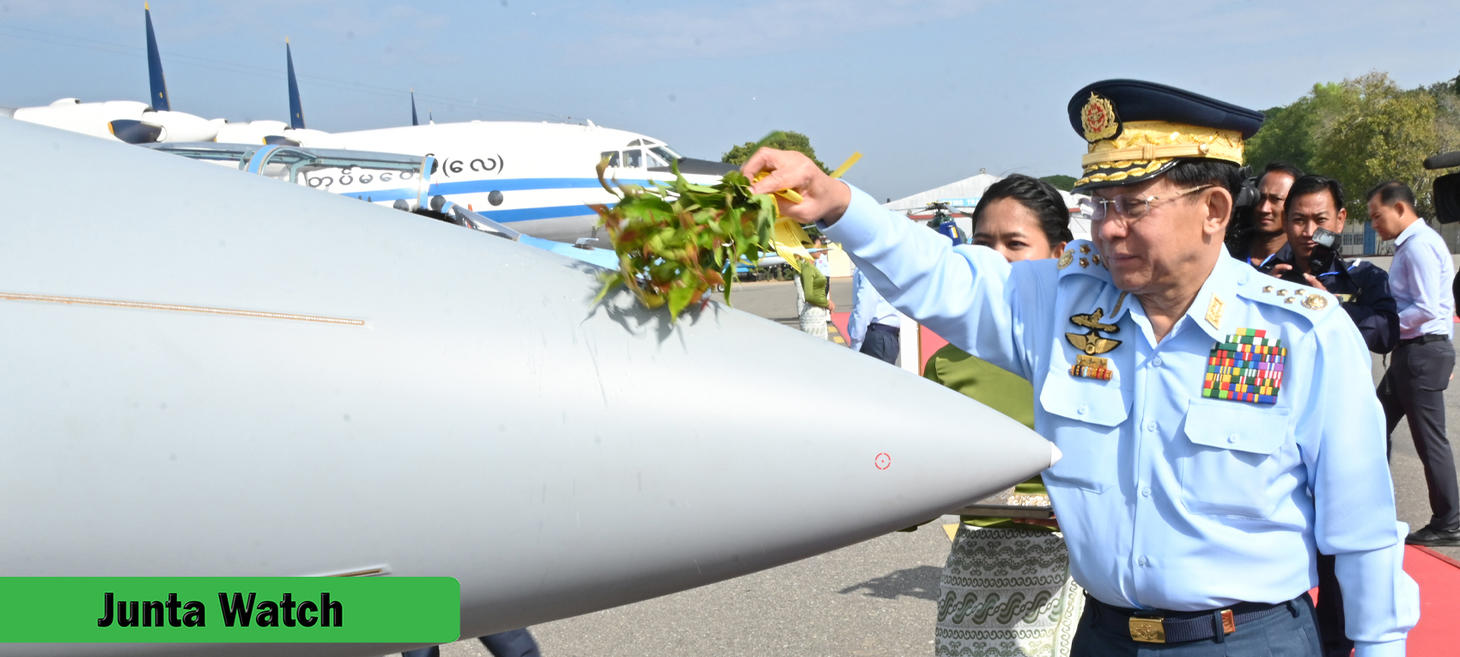
Yangon Power Cut as Failed Minister Takes Charge; Dictator’s Mantra: Bomb, Bomb, Bomb; and More
Myanmar's military regime is facing significant challenges, including power cuts in Yangon and a struggling military campaign against resistance forces. The regime formed the Electricity and Energy Development Commission, led by the recently demoted former Navy chief Admiral Tin Aung San, to address the power crisis. However, Yangon is still experiencing blackouts and a rationing schedule. The military has relied on airstrikes, causing civilian casualties, but has been unable to stop the advance of resistance forces. The military is also experiencing troop depletions, with soldiers defecting and surrendering. The junta is now warning military doctors to prepare for combat and is attempting to bolster its forces through conscription, but this is floundering as men flee to avoid service. Despite these challenges, junta chief Min Aung Hlaing has emphasized the importance of air superiority and has signaled the campaign of airstrikes will continue. Resistance forces have made significant gains, with the Arakan Army (AA) seizing 12 of 17 townships in Rakhine State and advancing towards the Ayeyarwady region and the Karen National Union recapturing Manerplaw. Additionally, the Chin Brotherhood Alliance has taken control of most of southern Chin State.
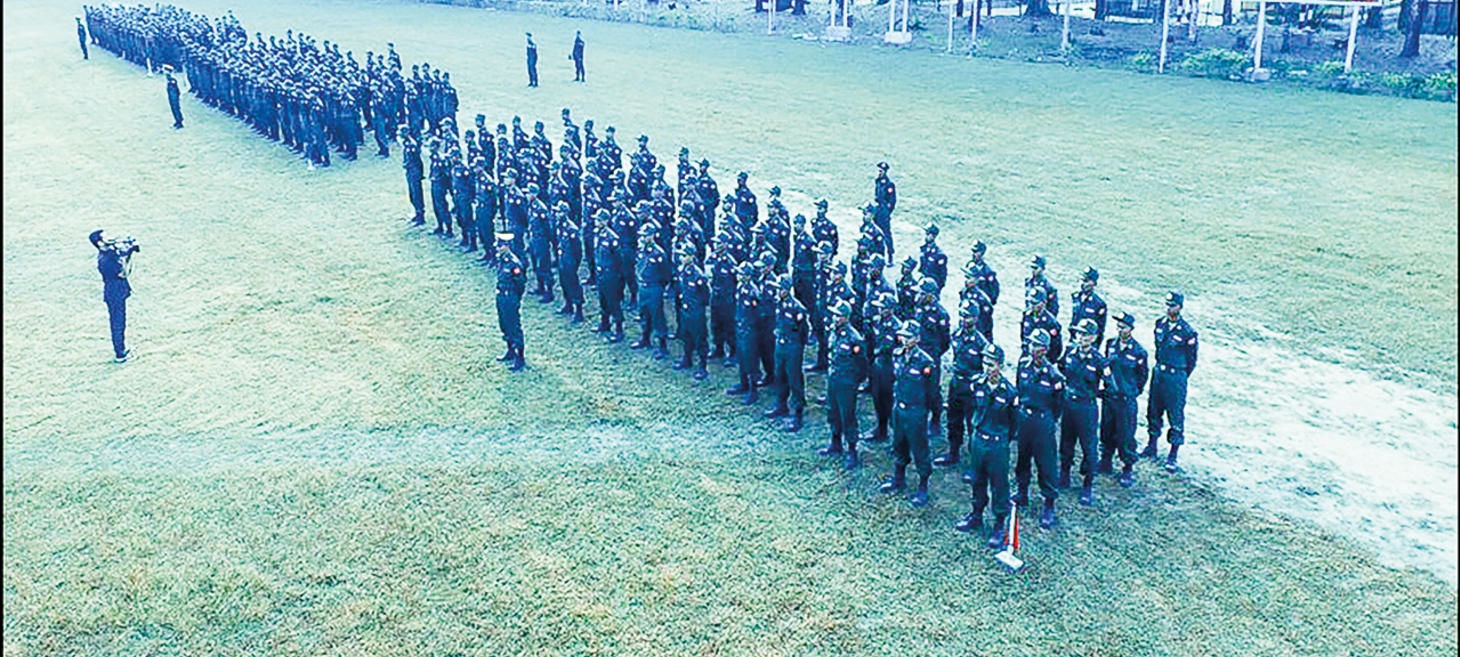
People’s Military Service Training Course 8 opens
The People’s Military Service Training Course 8 has opened, with eligible citizens arriving at various regional military commands to participate in the training. The training aims to prepare citizens for national defense and security duties in accordance with the People’s Military Service Law established on 10 February 2024. The first course began on 8 April 2024, and graduates are currently serving in military units. The opening ceremonies for Course 8 were held at each training depot, with officials meeting the trainees, presenting them with awards, and offering encouragement. The citizens attending the training have expressed dedication to fulfilling national defense and security responsibilities. The People's Military Service Law is intended to maintain national unity, prevent disintegration, and preserve stability.